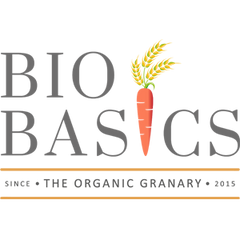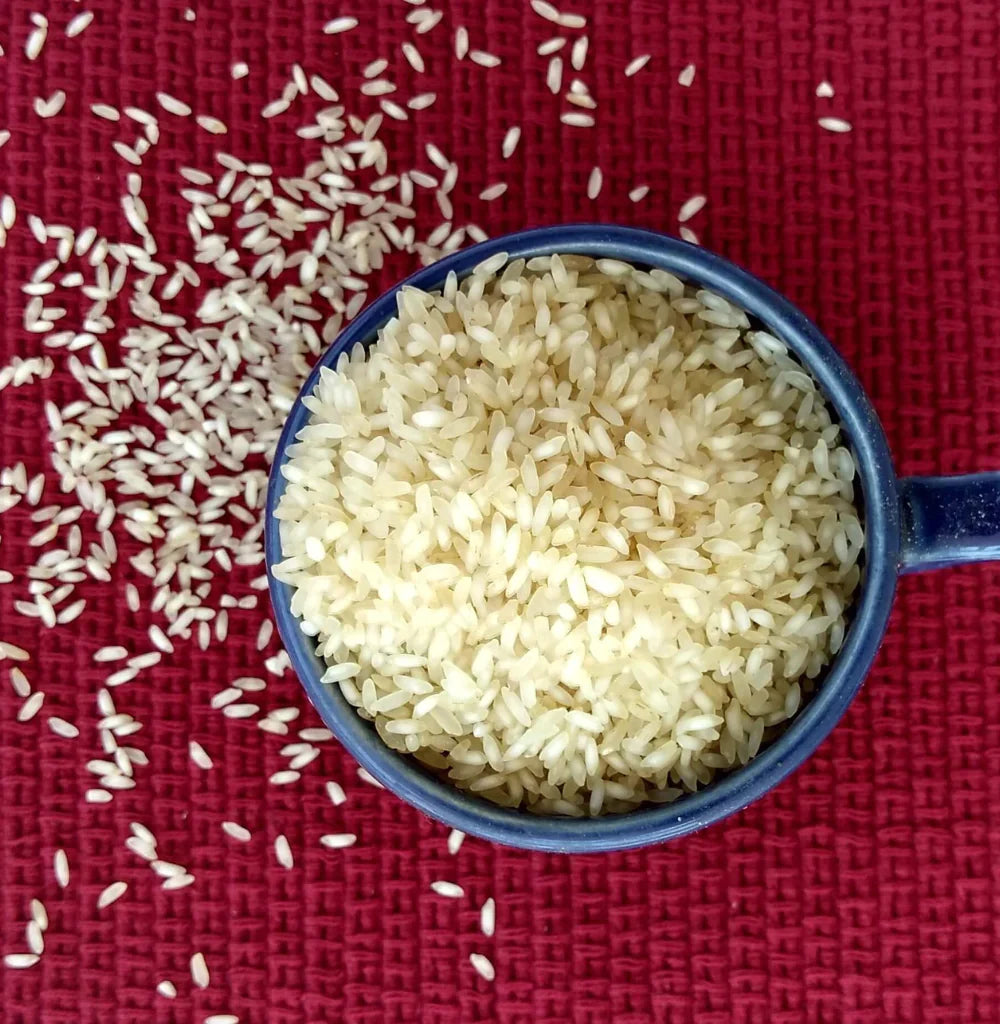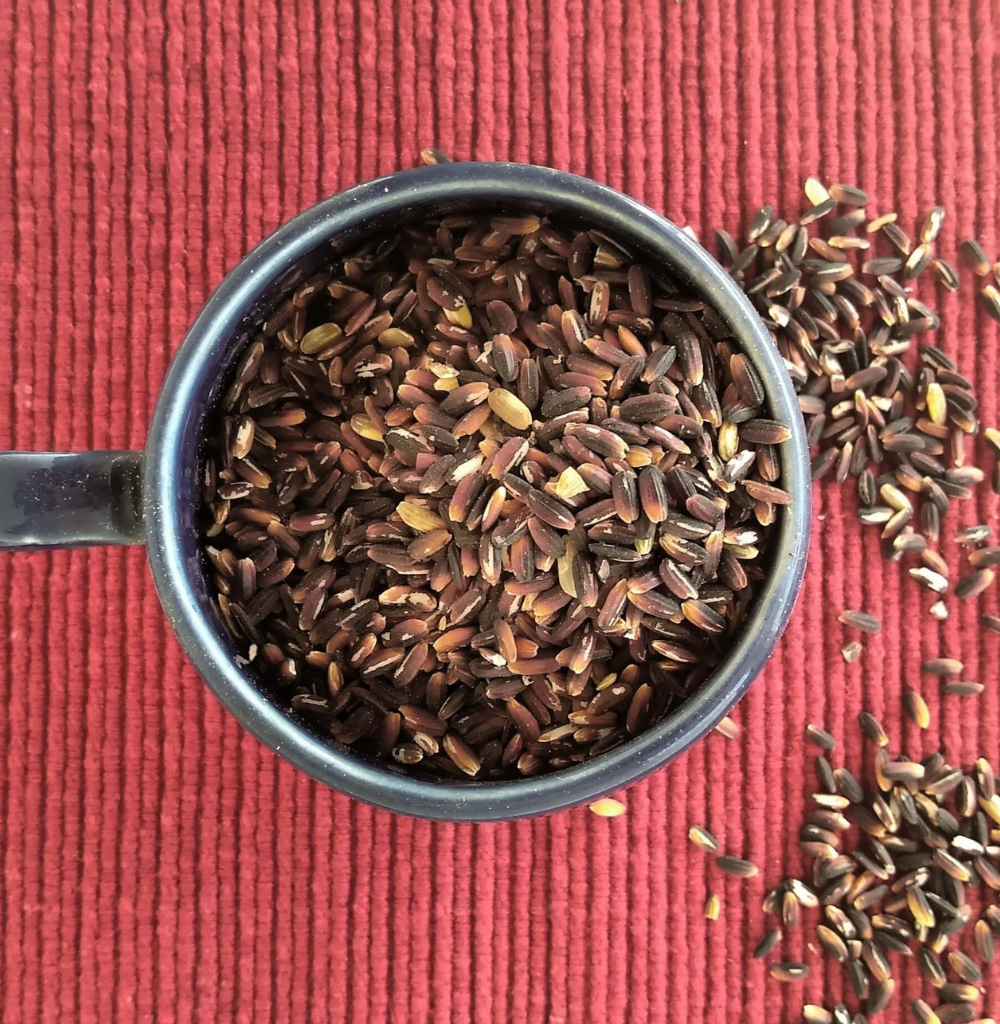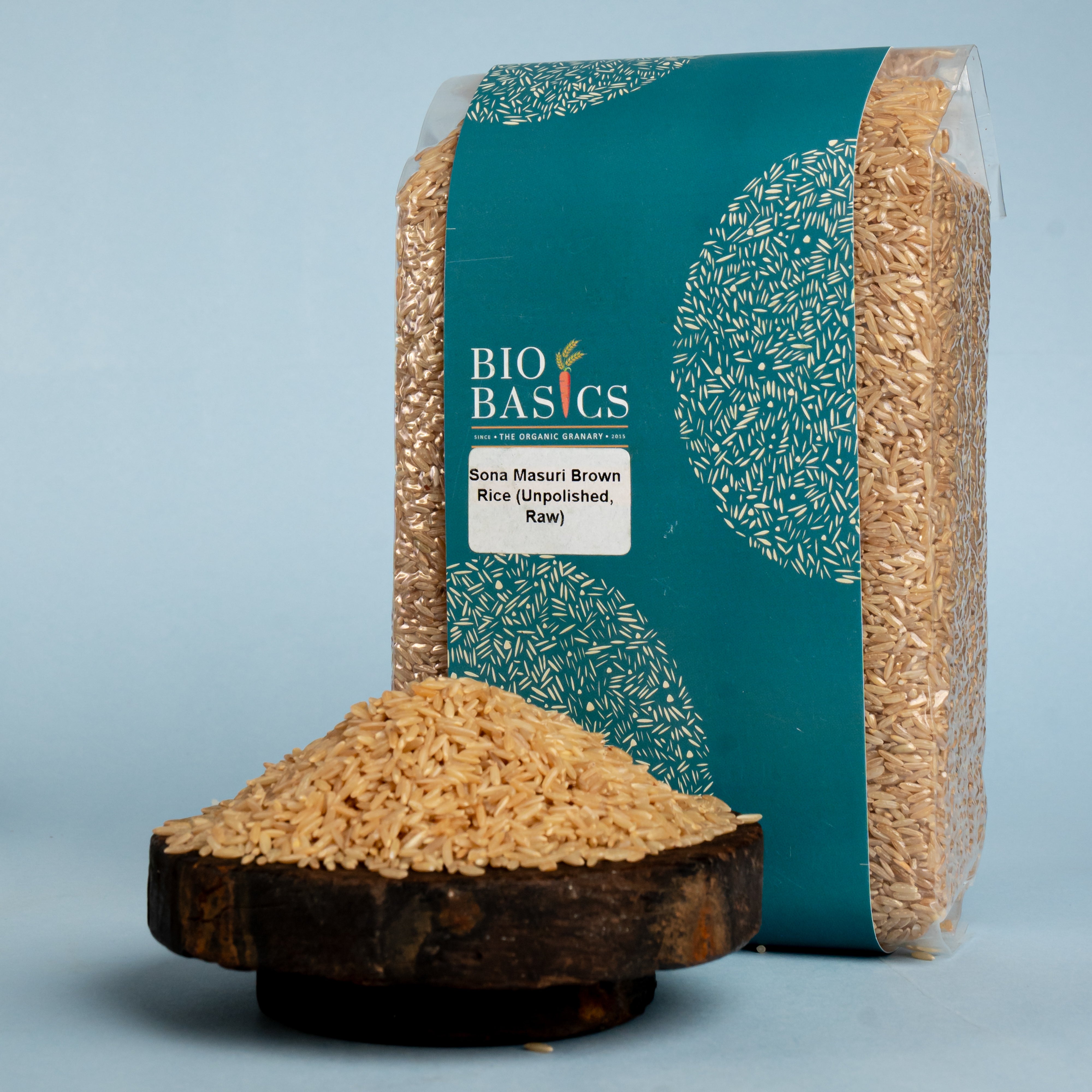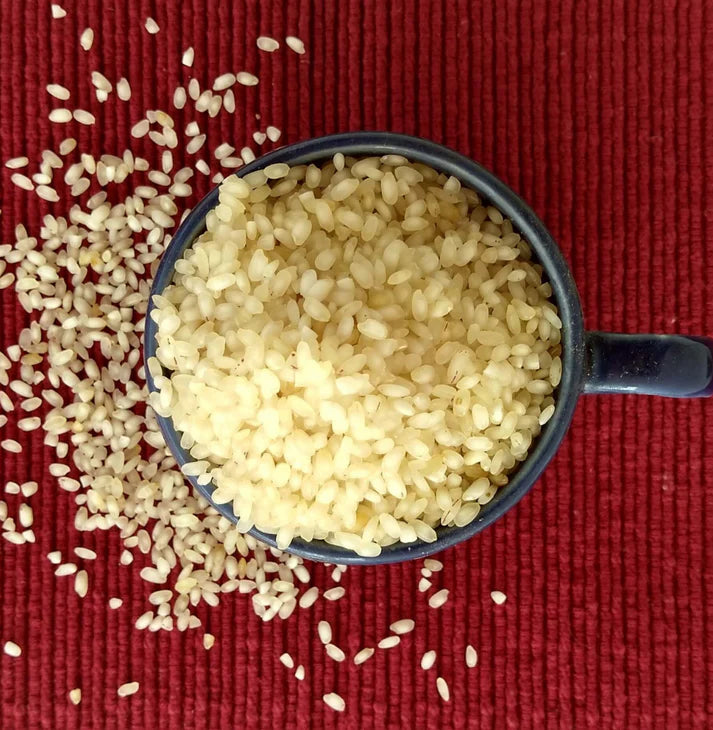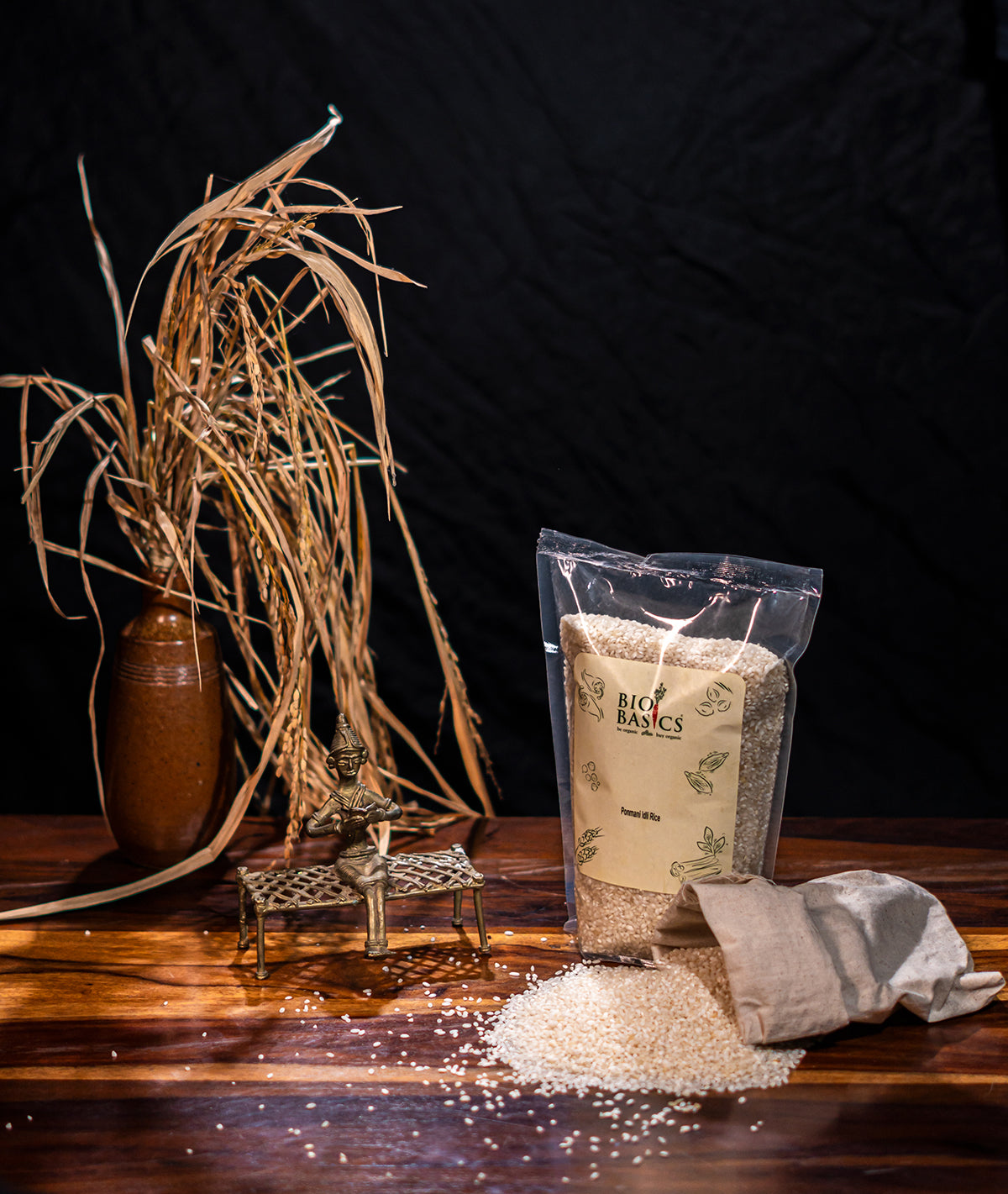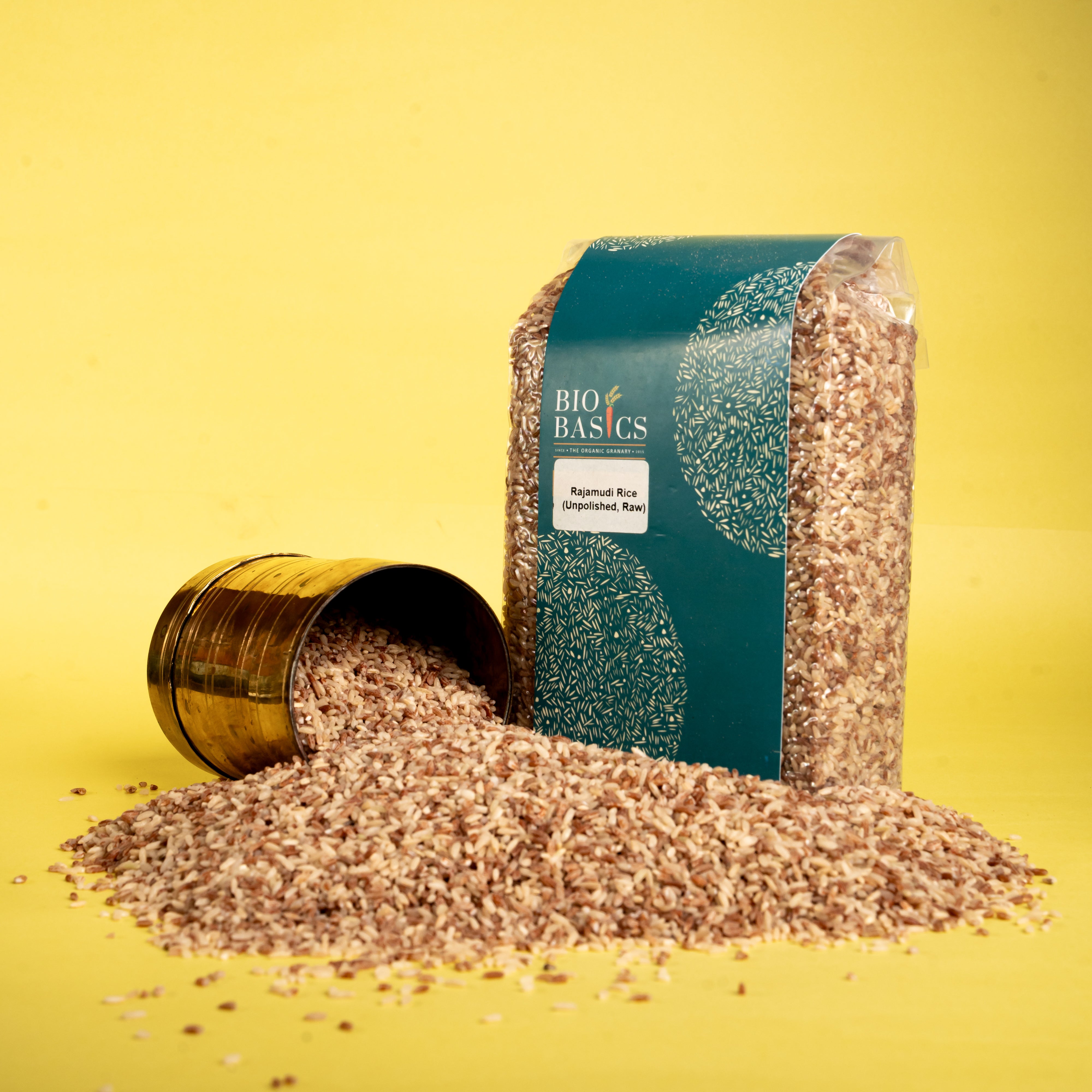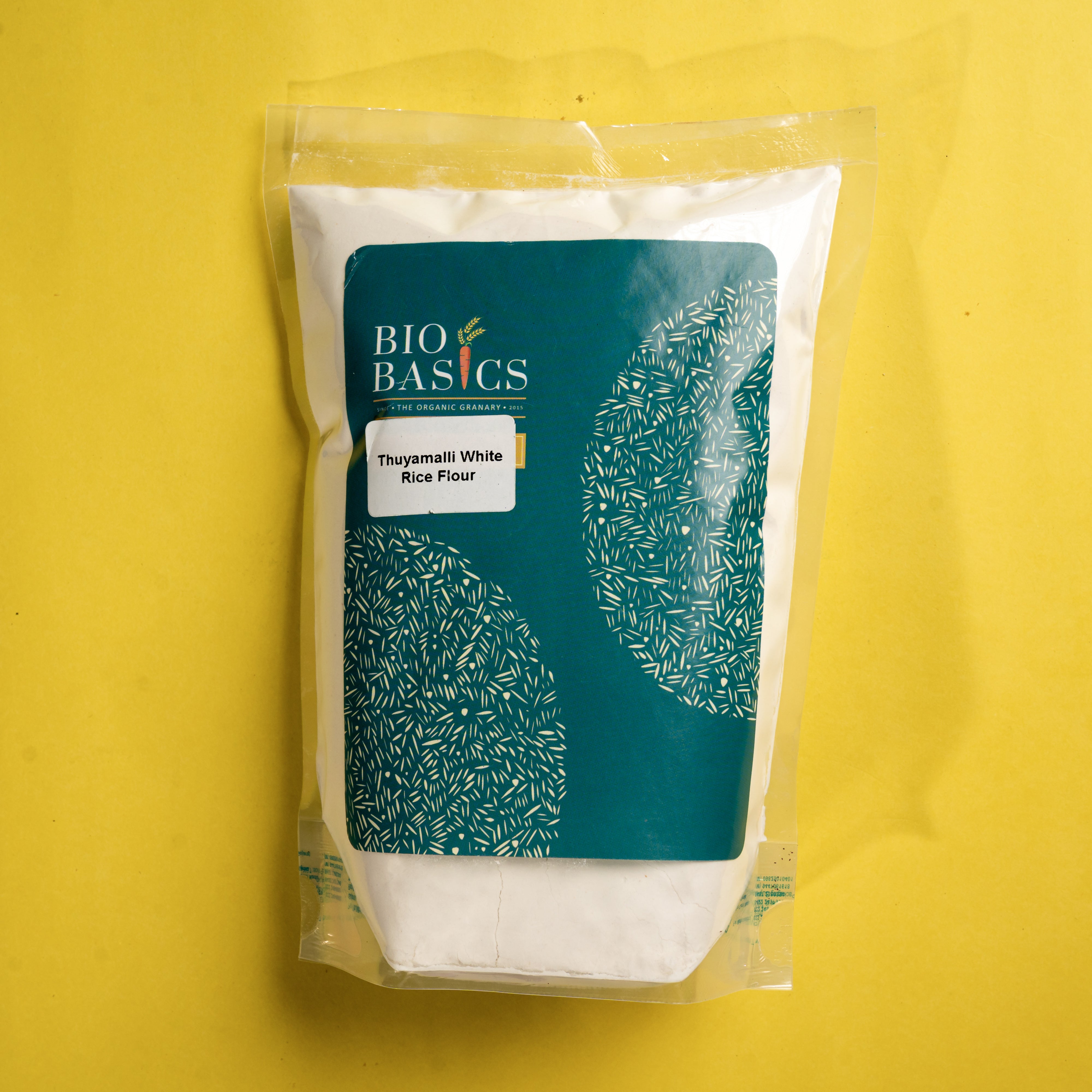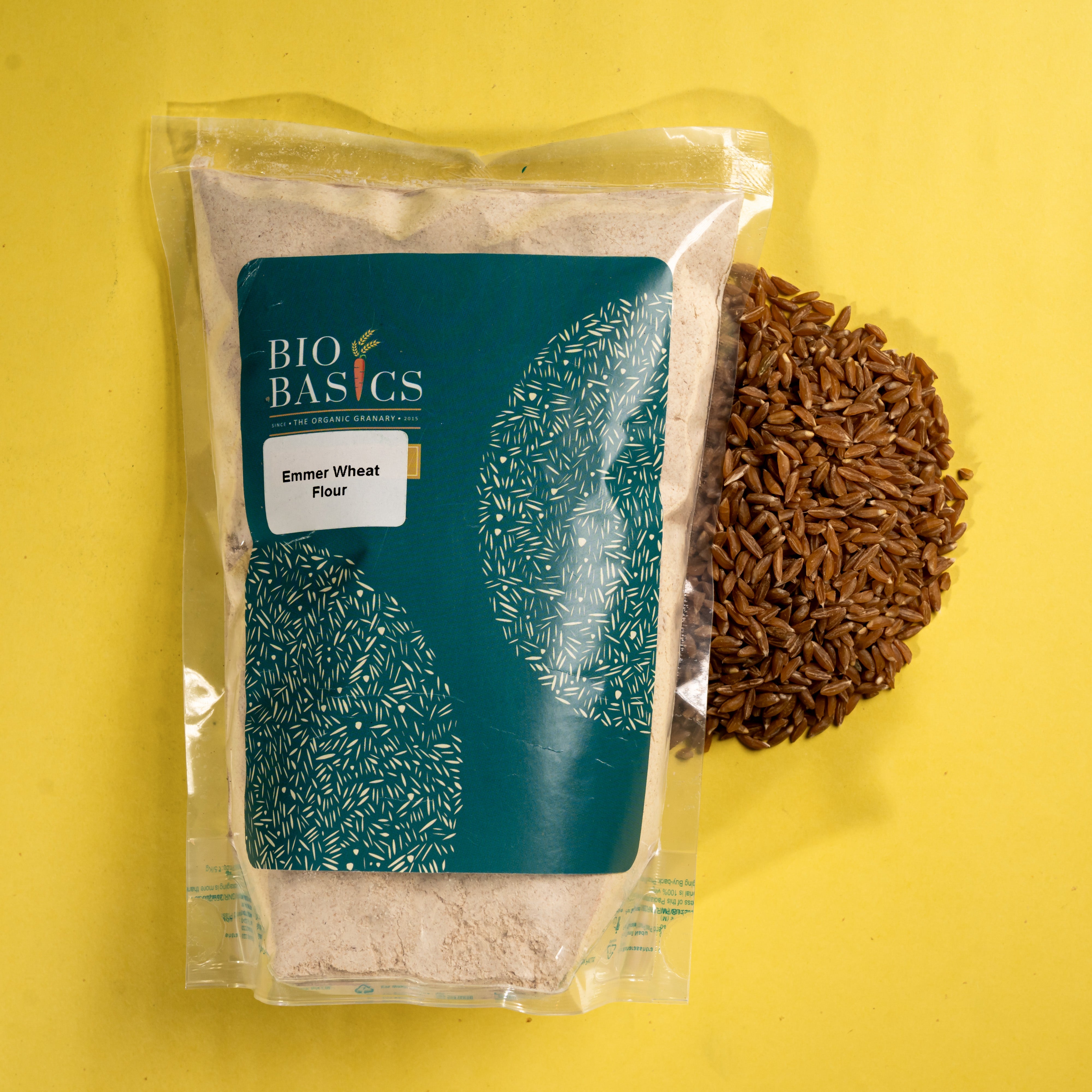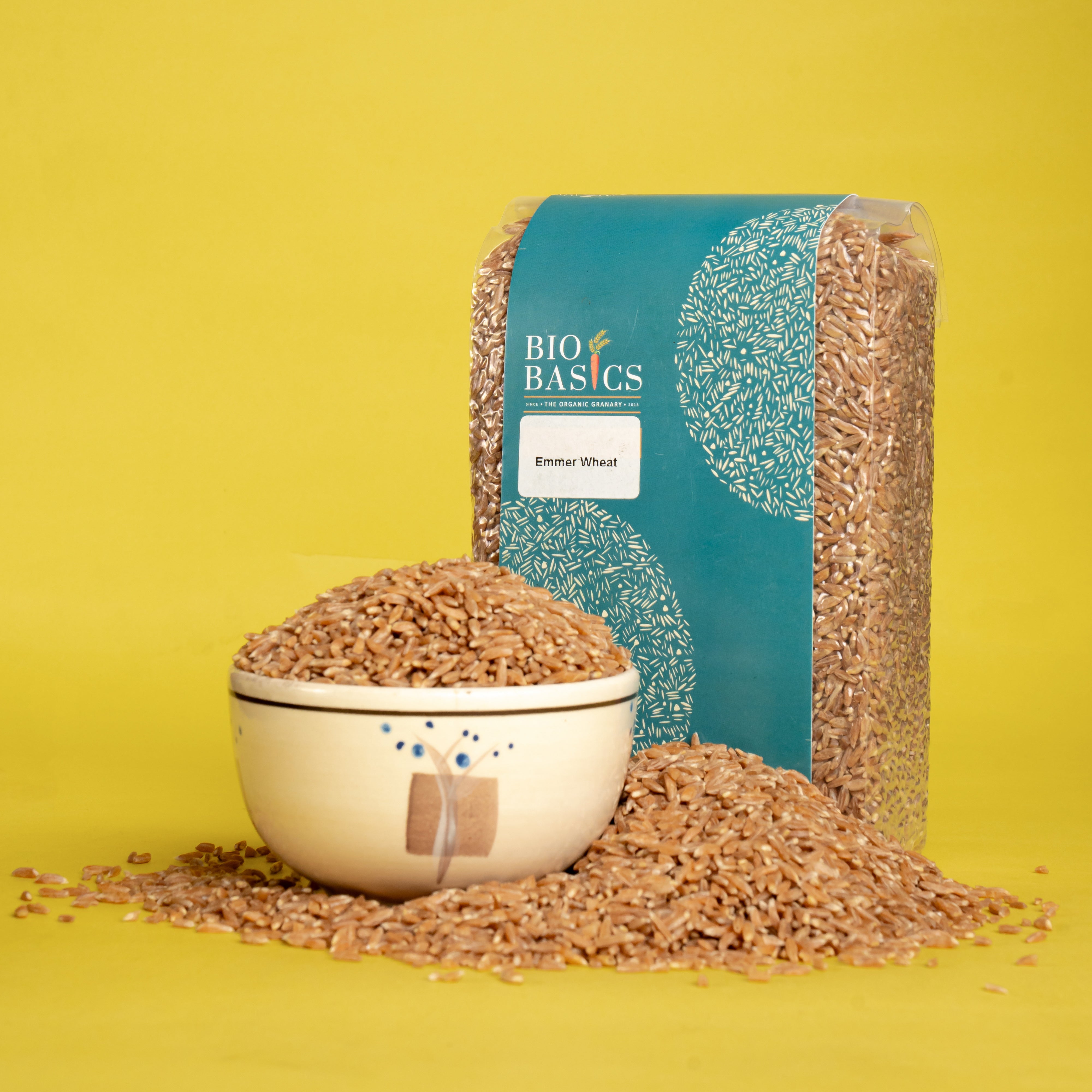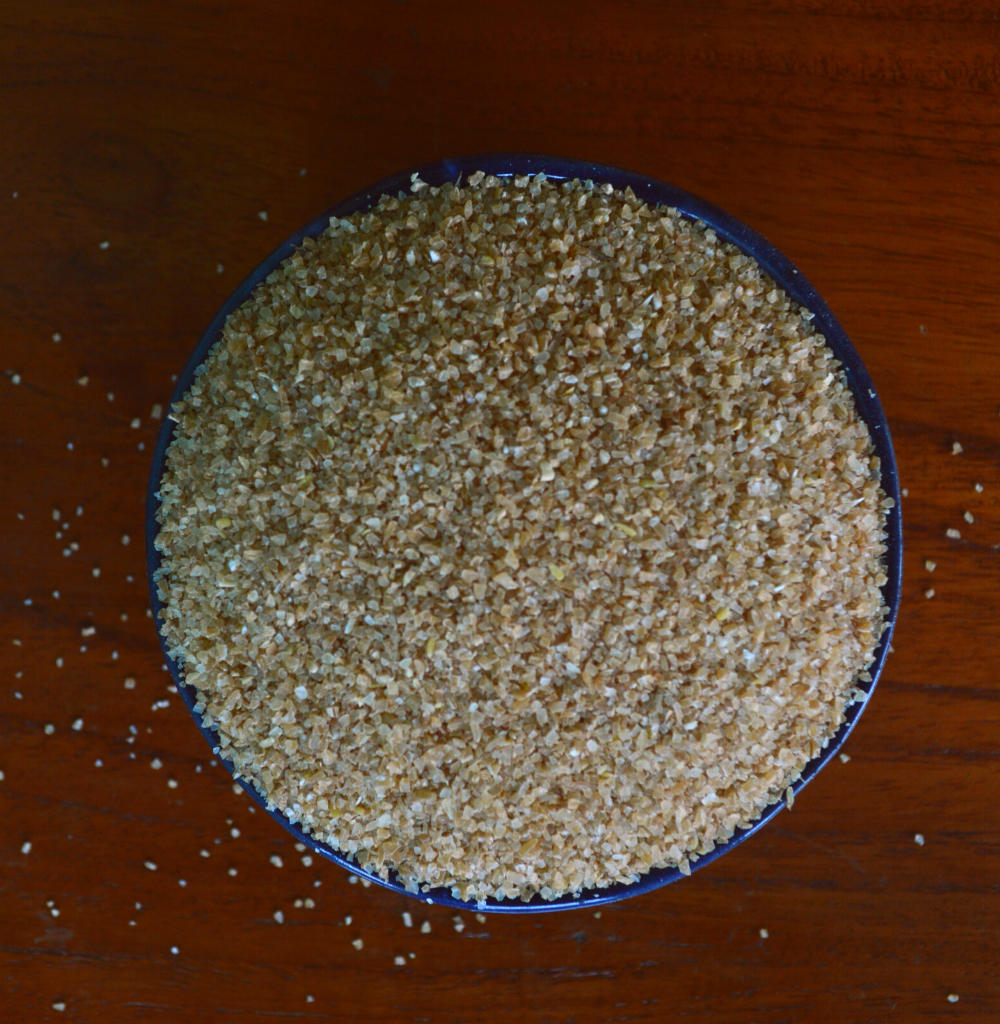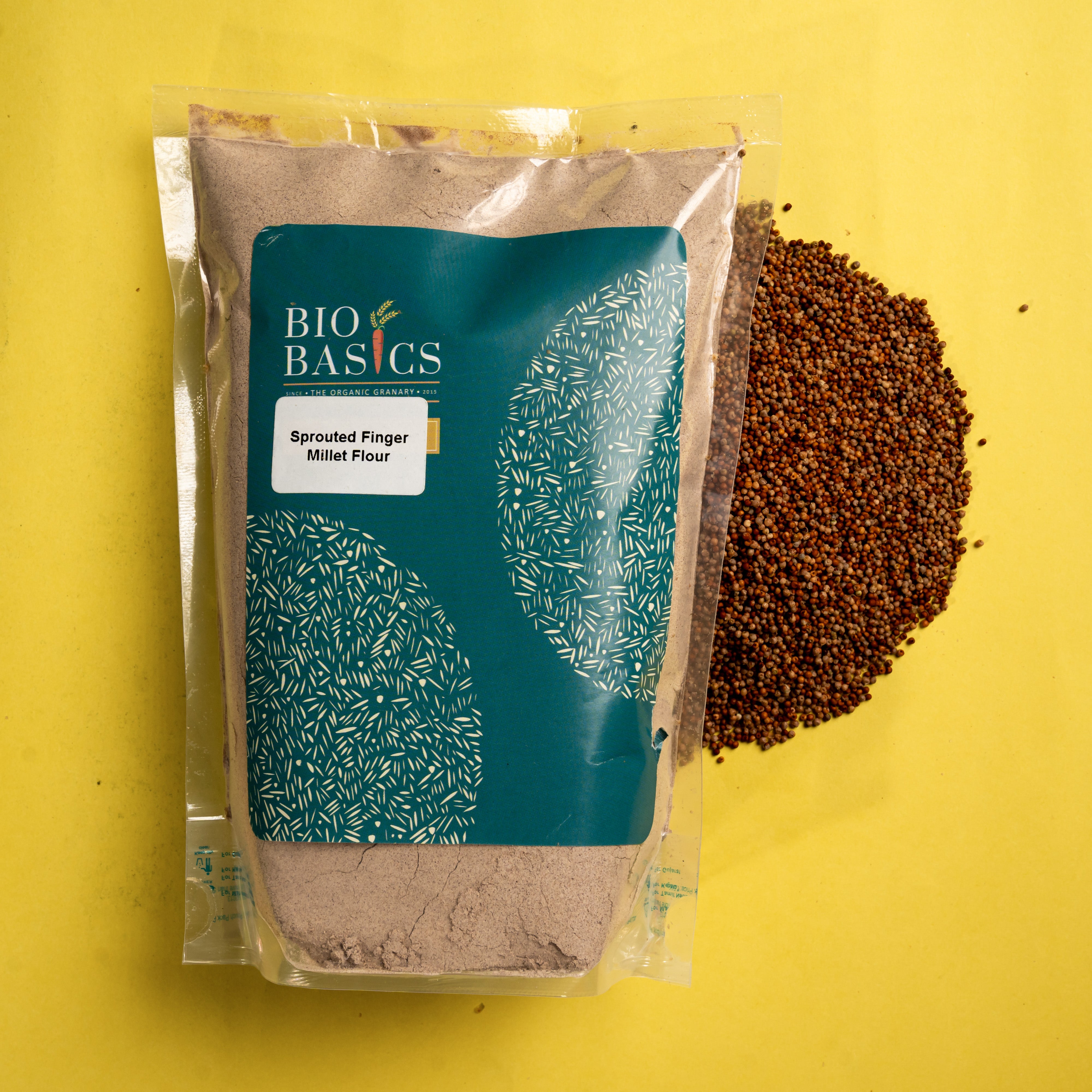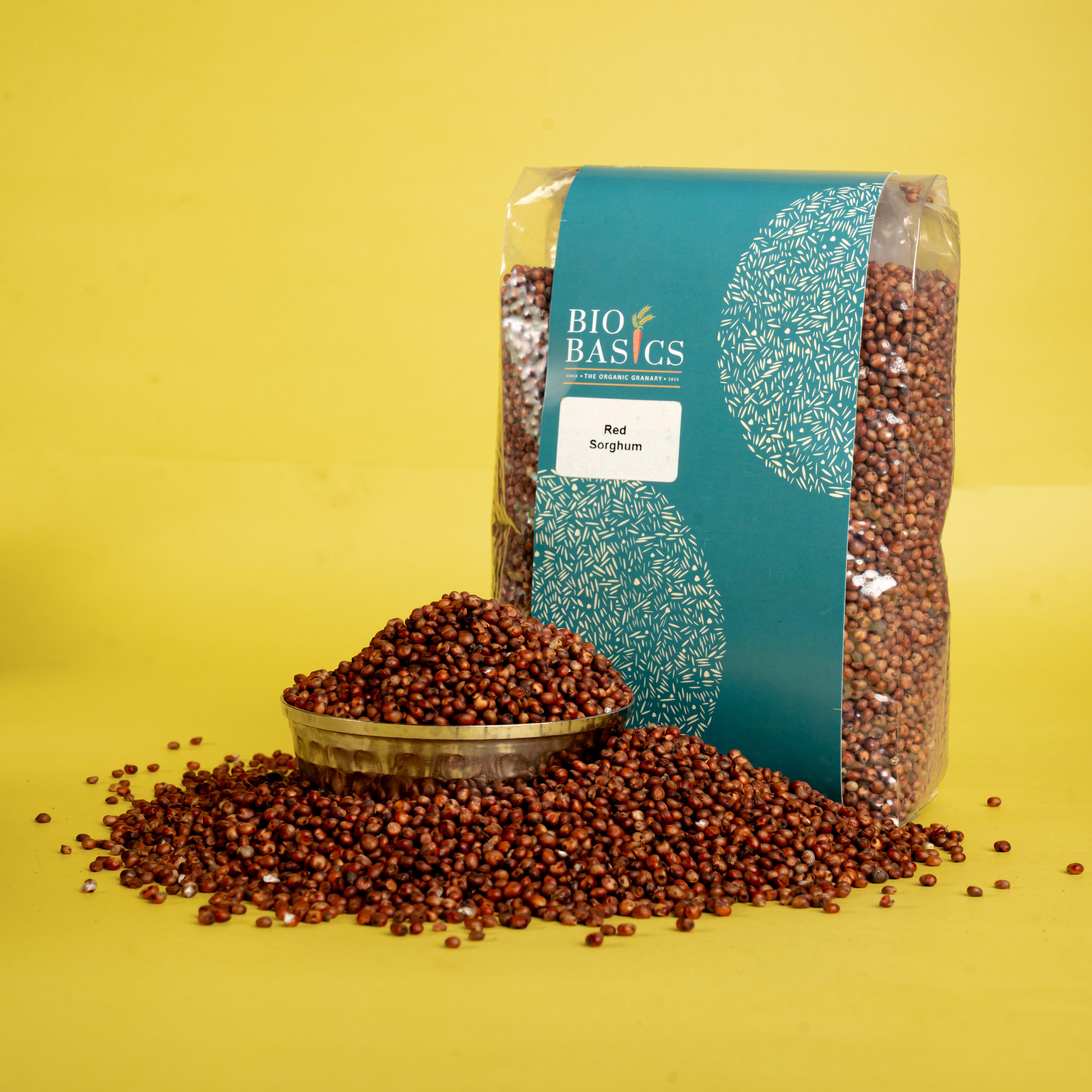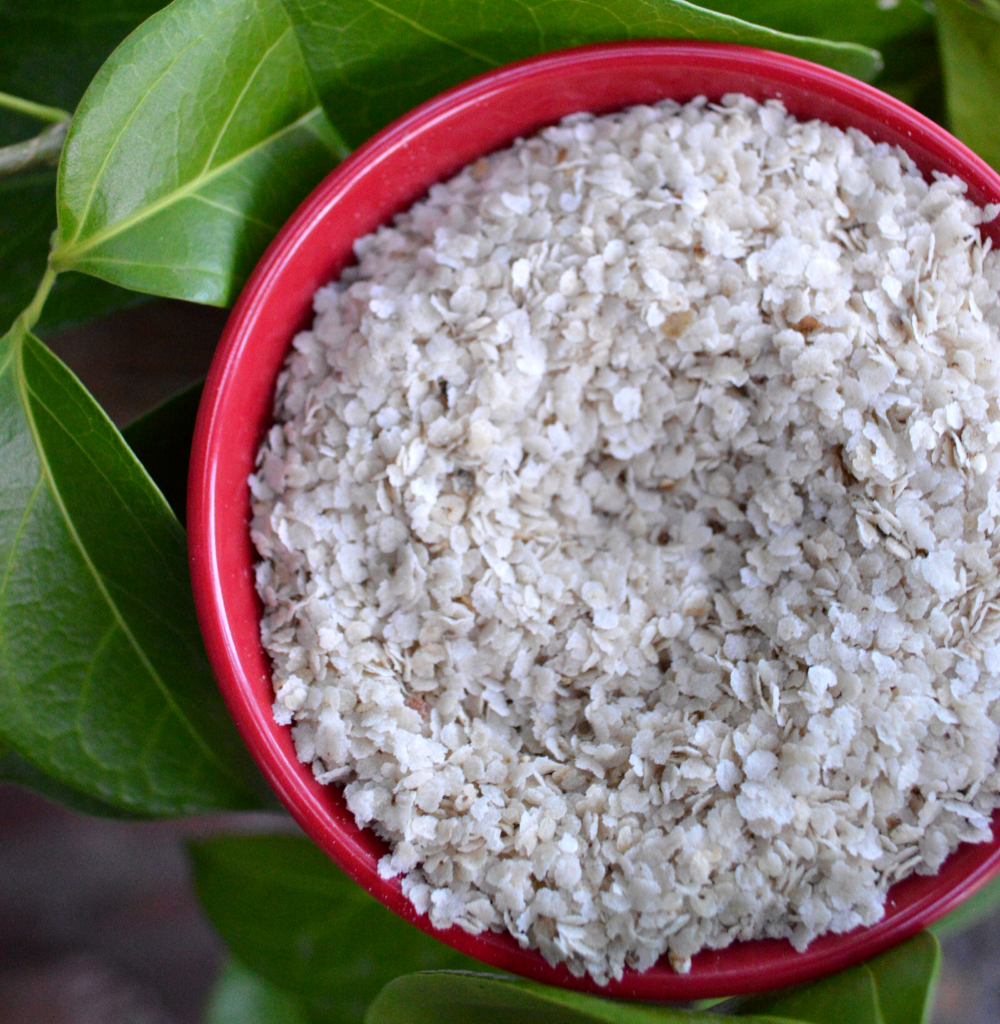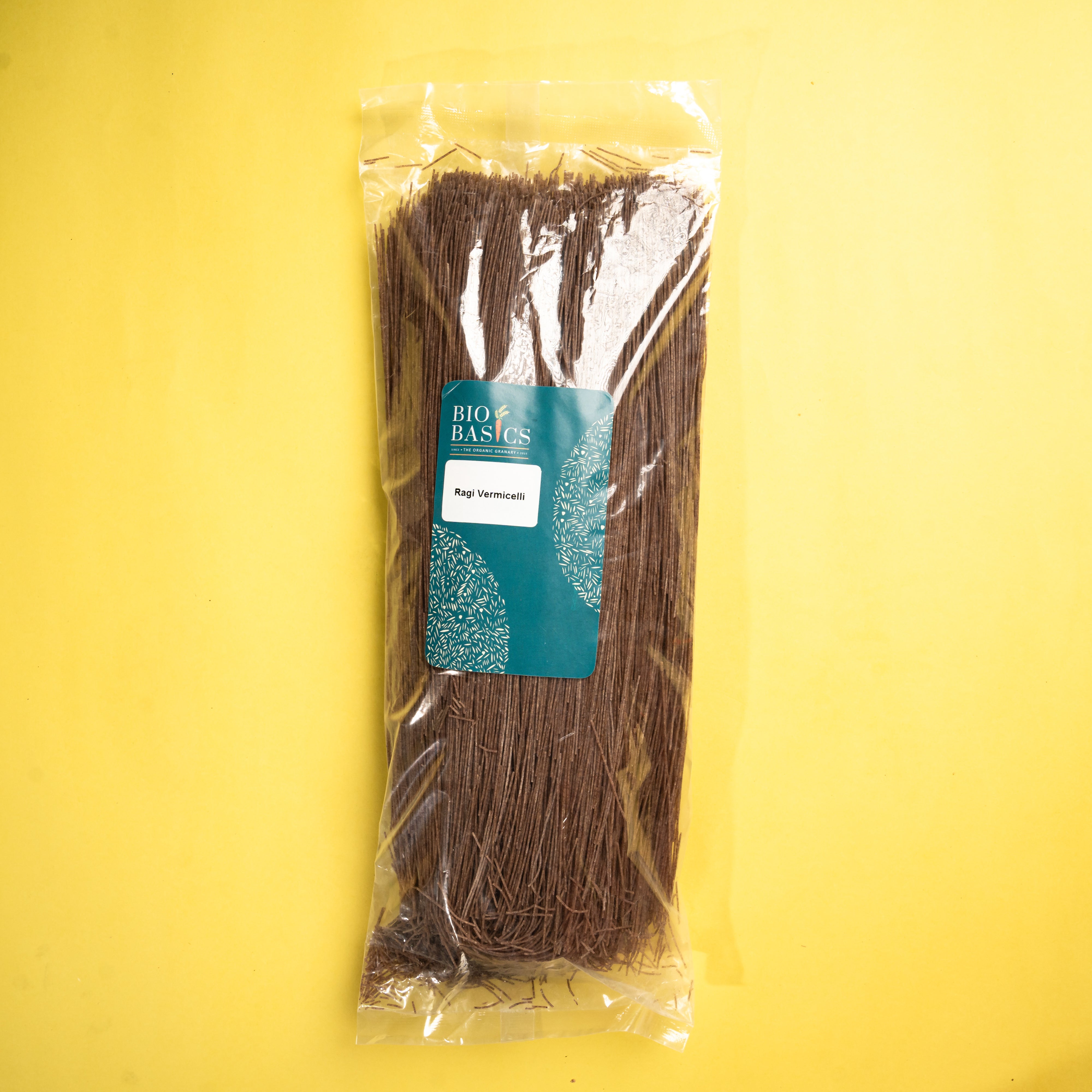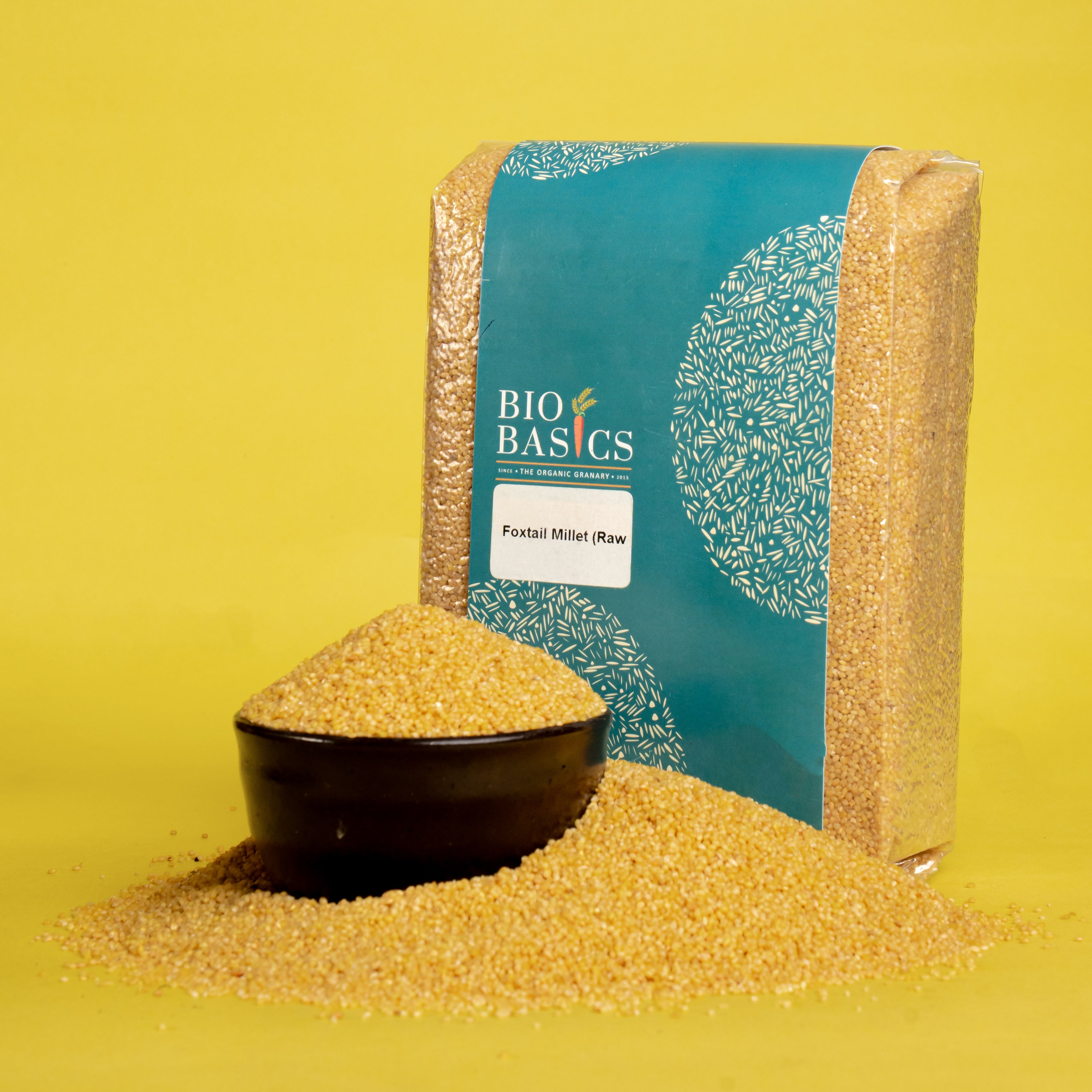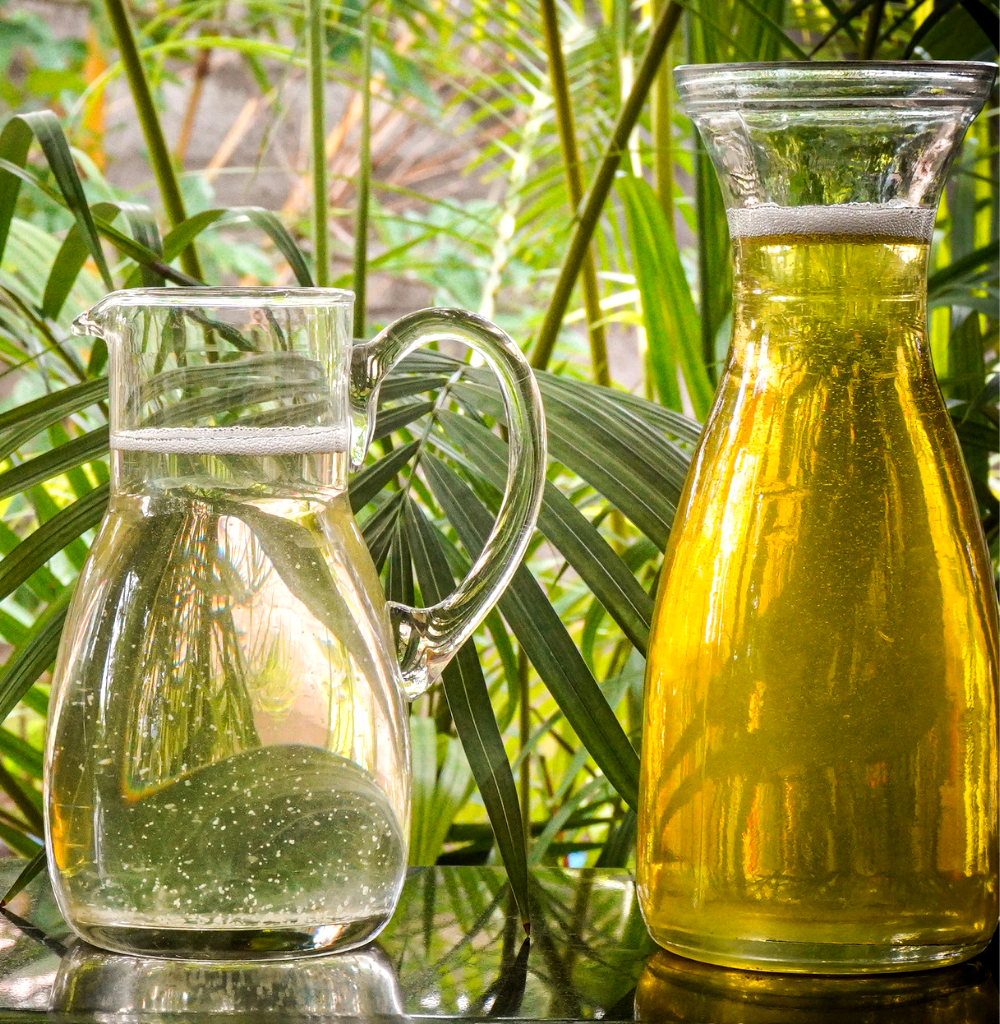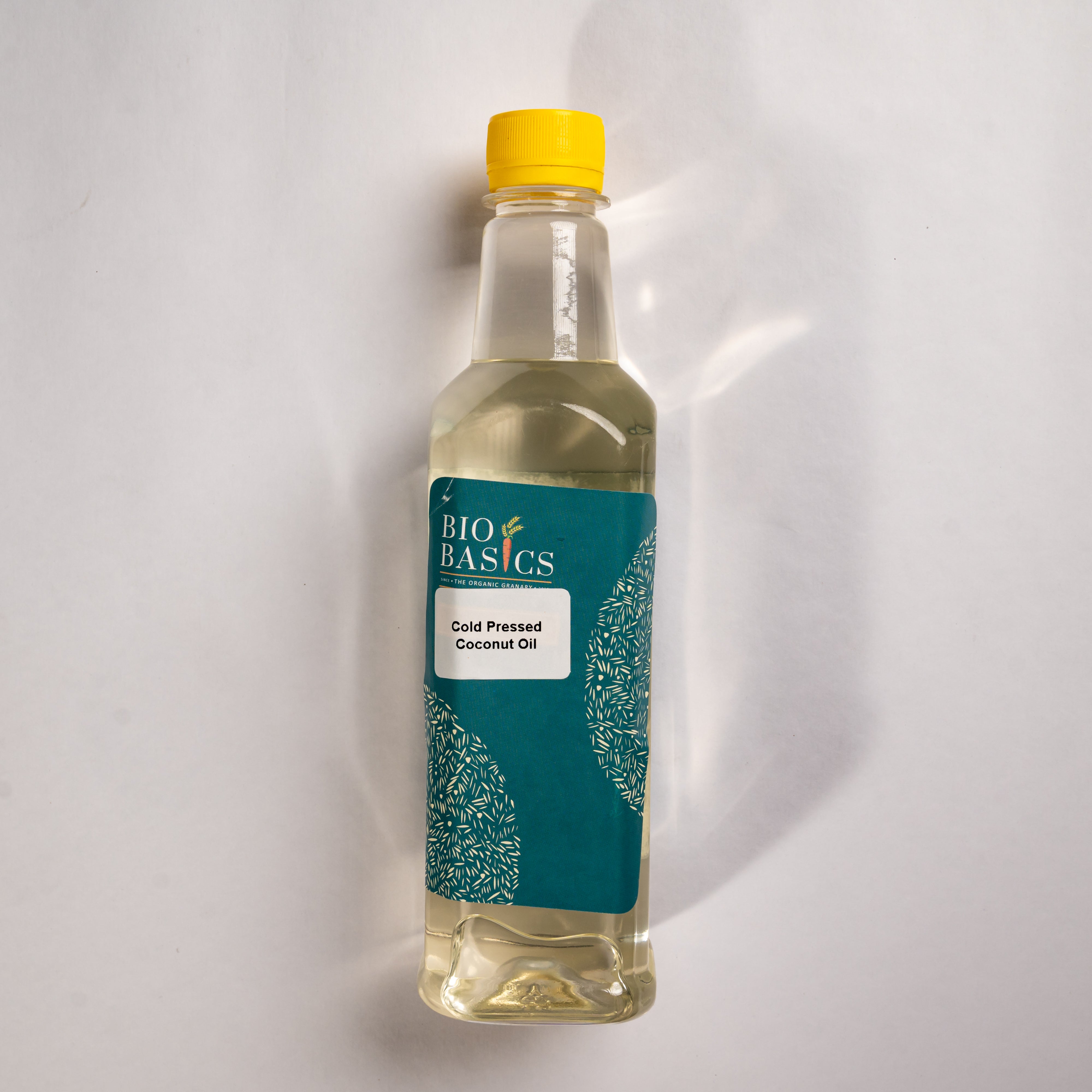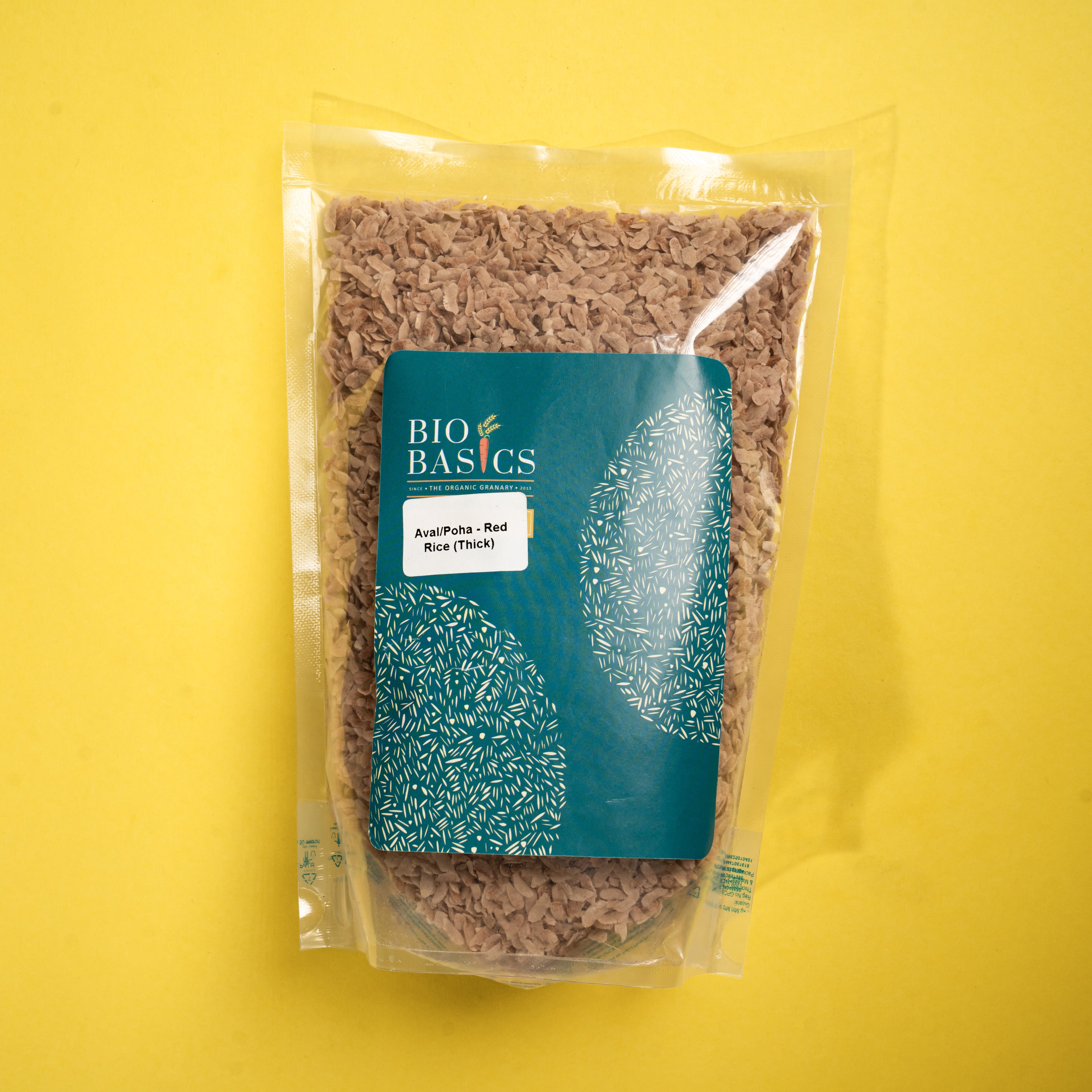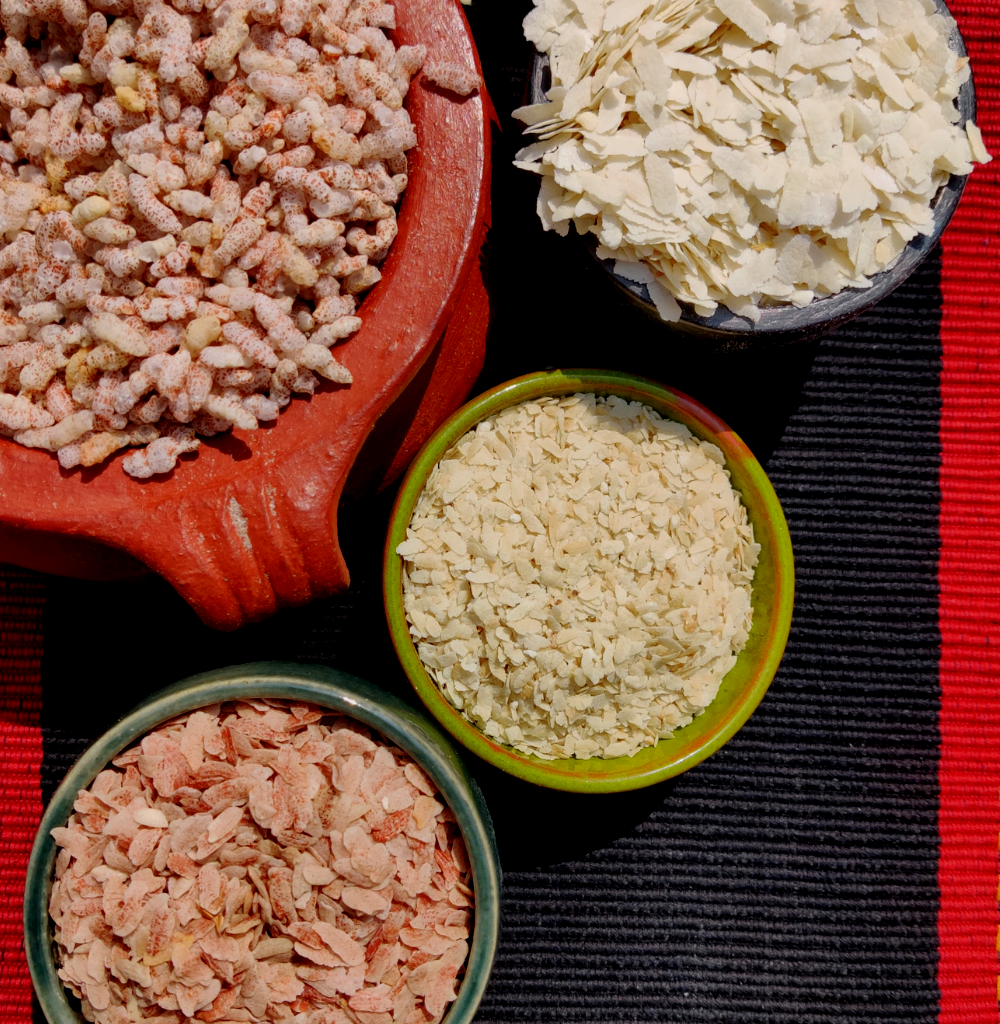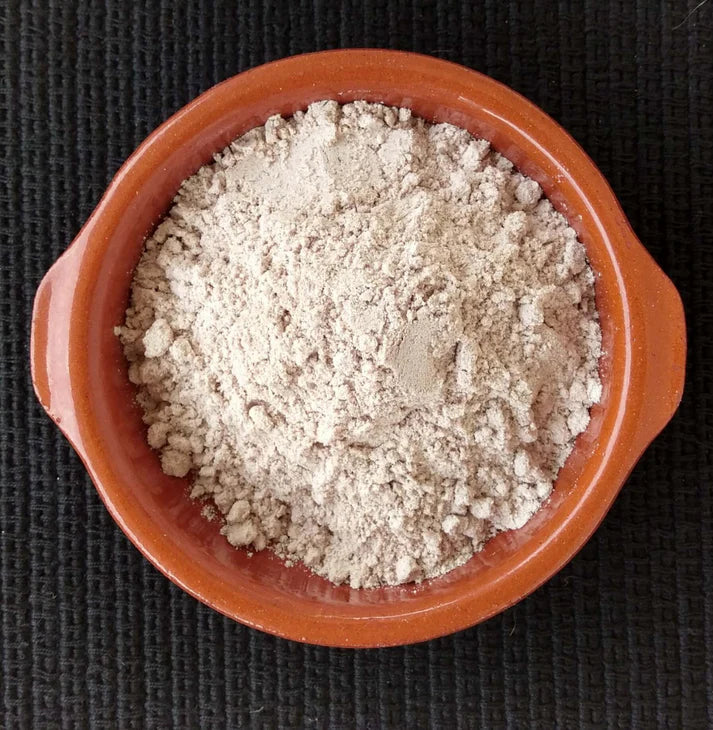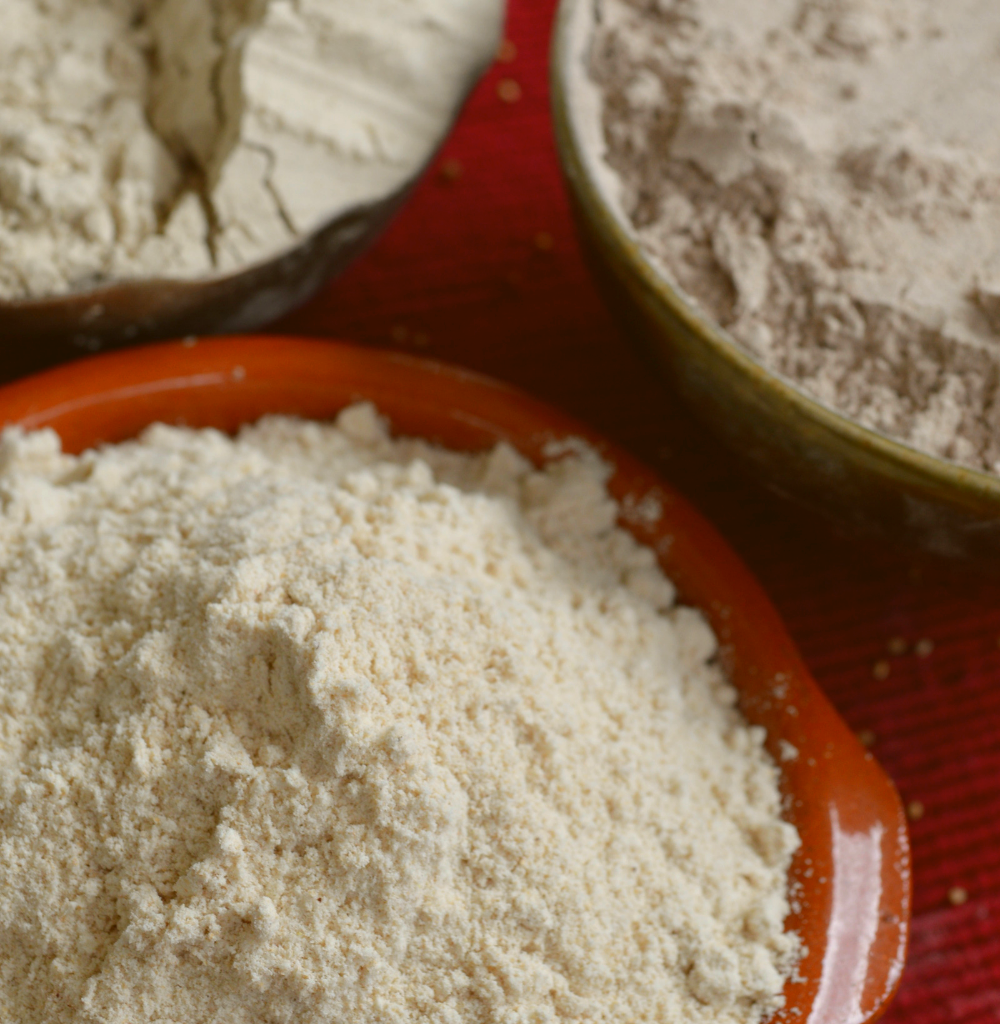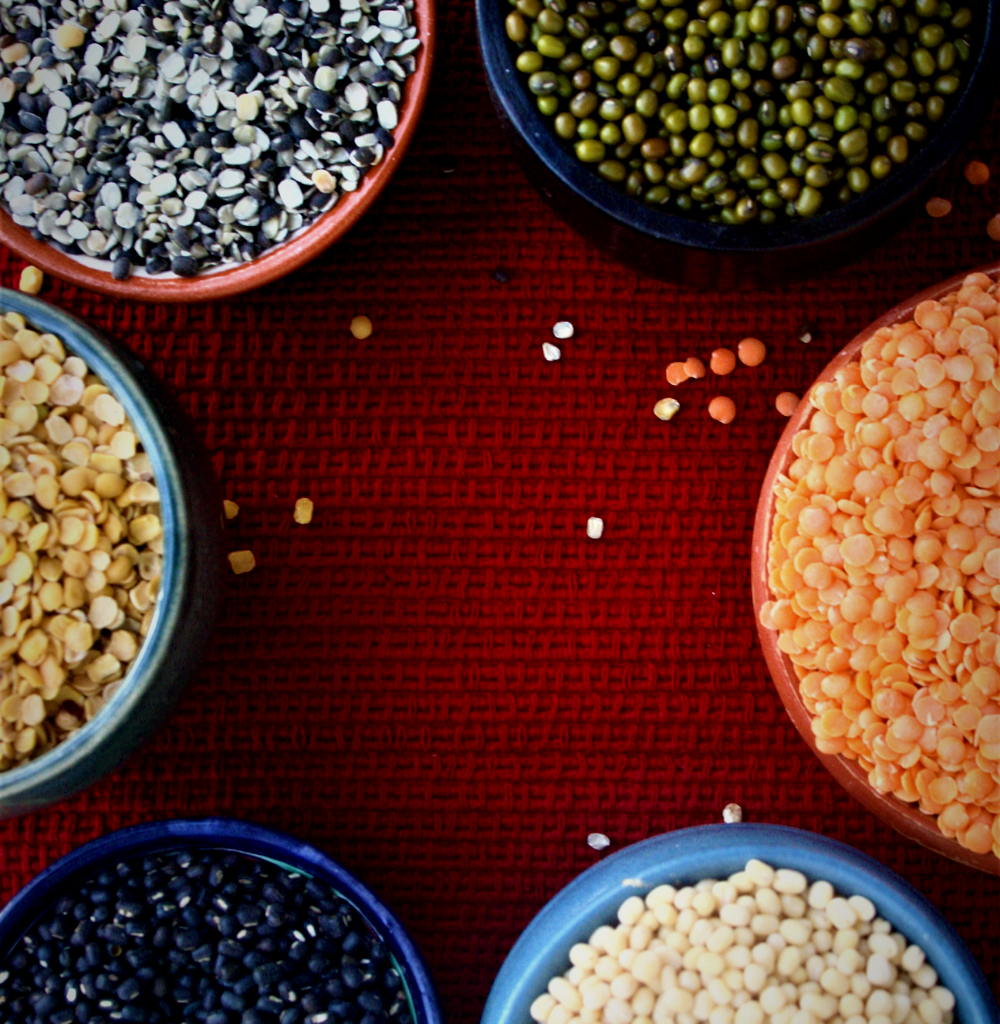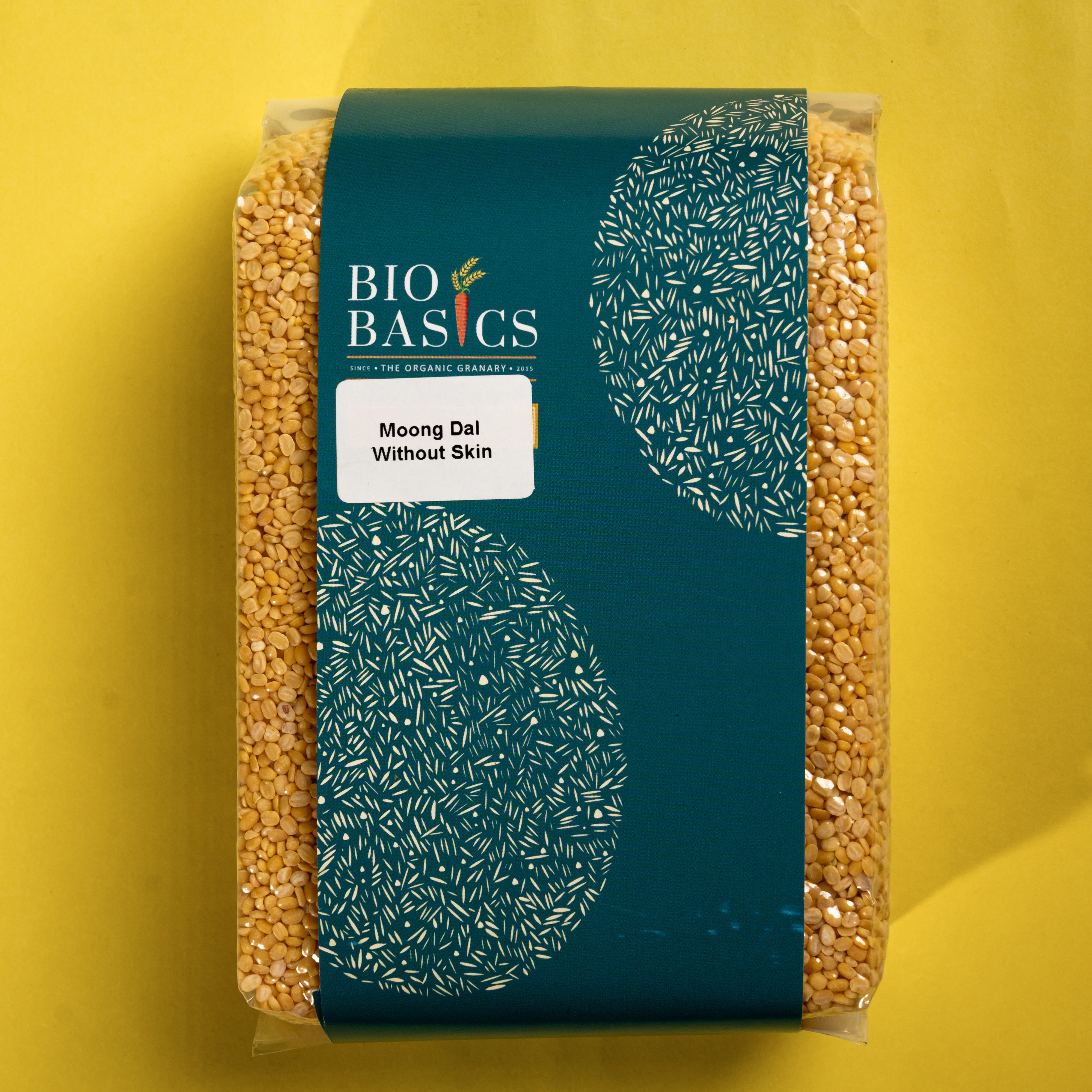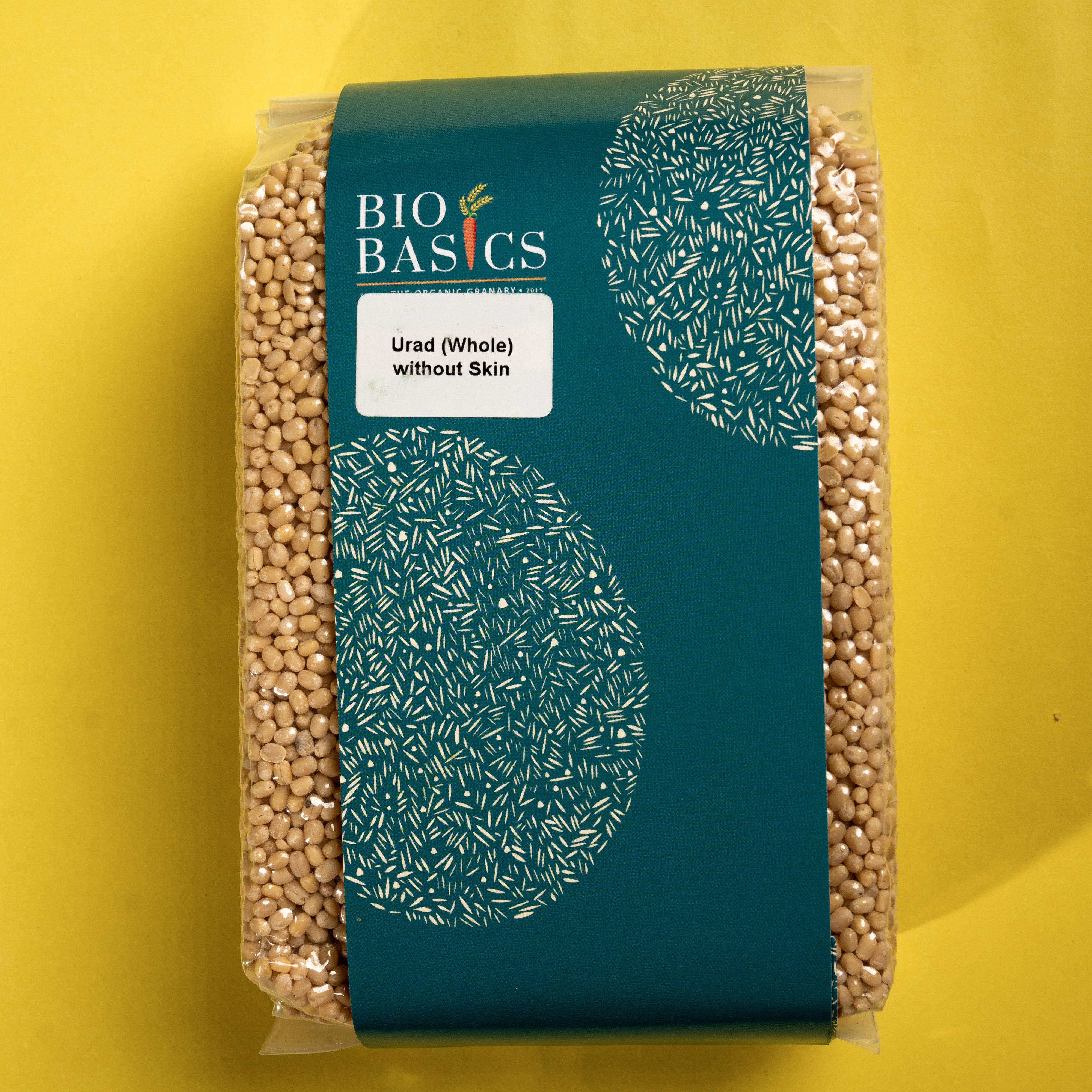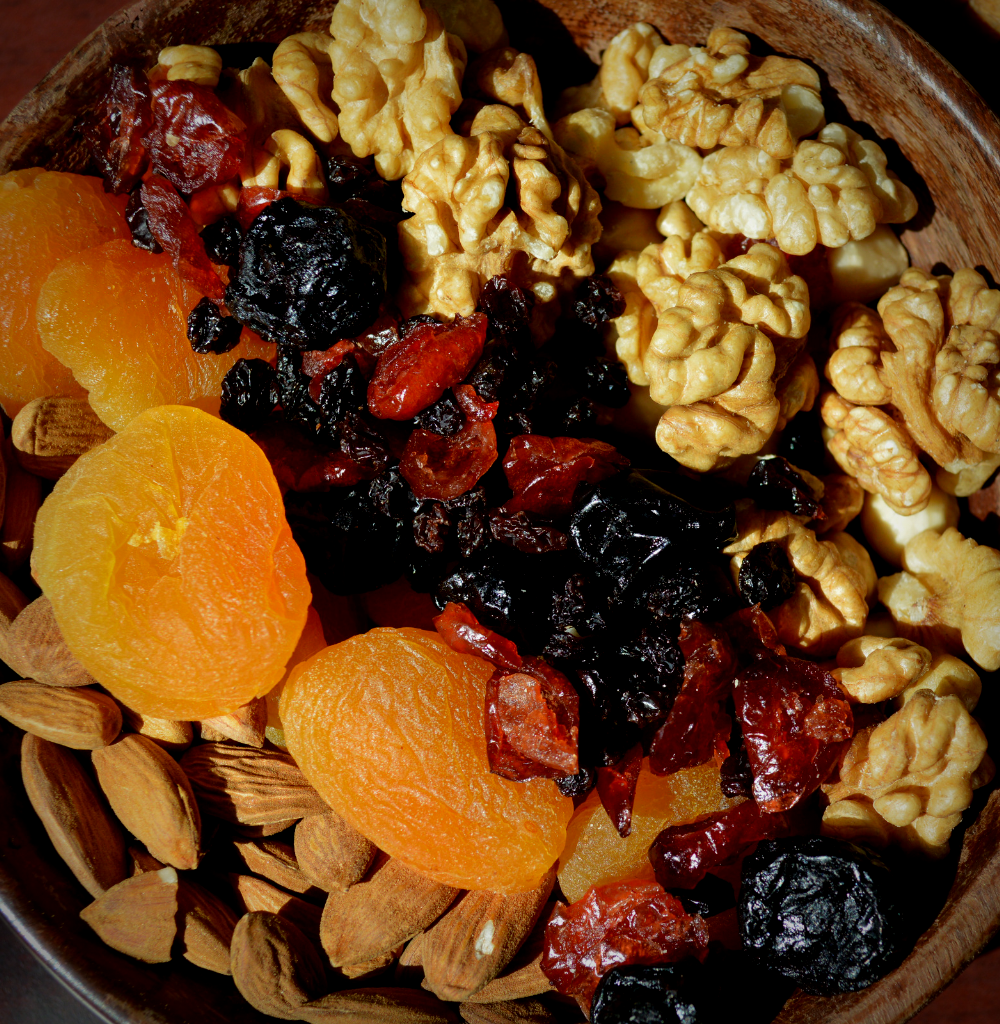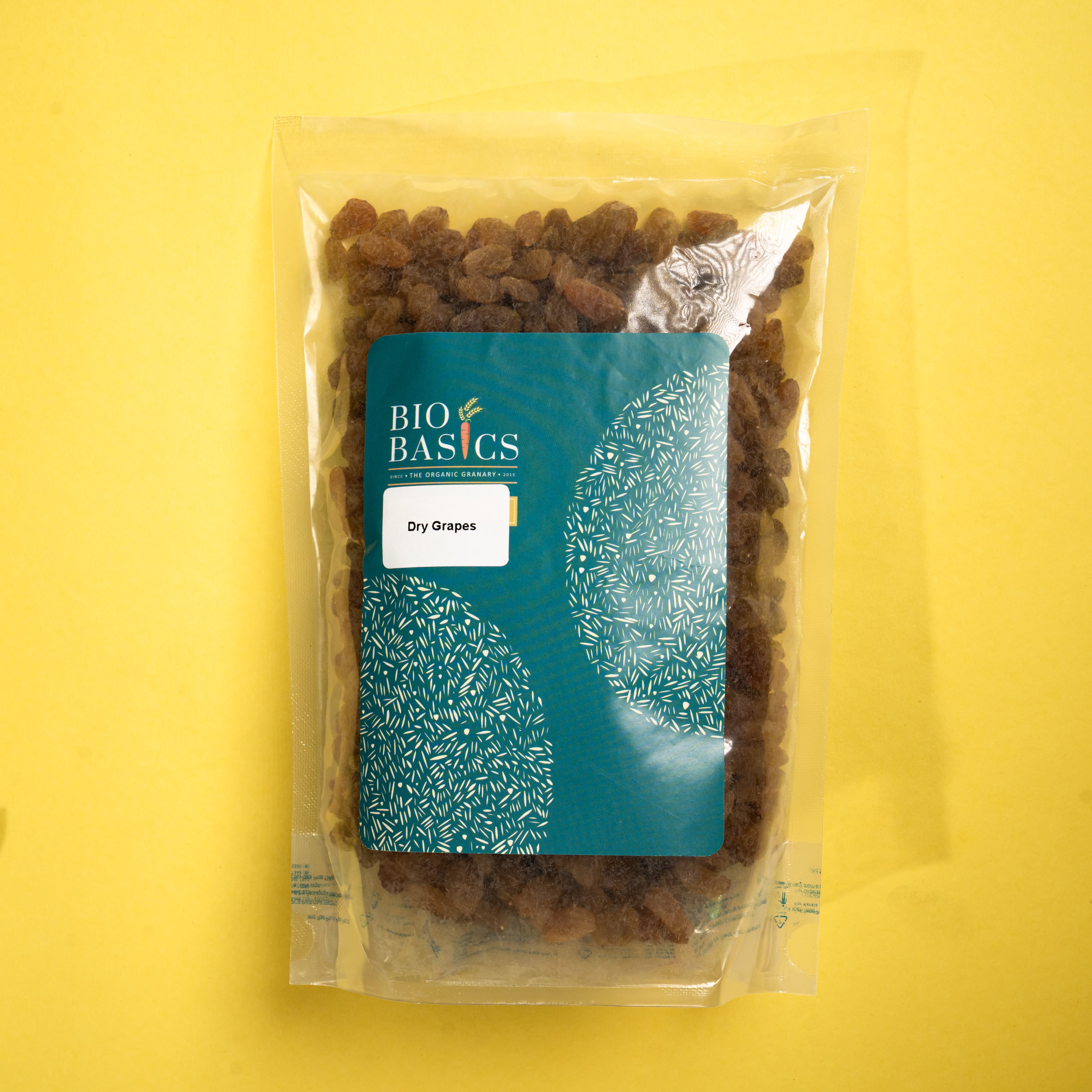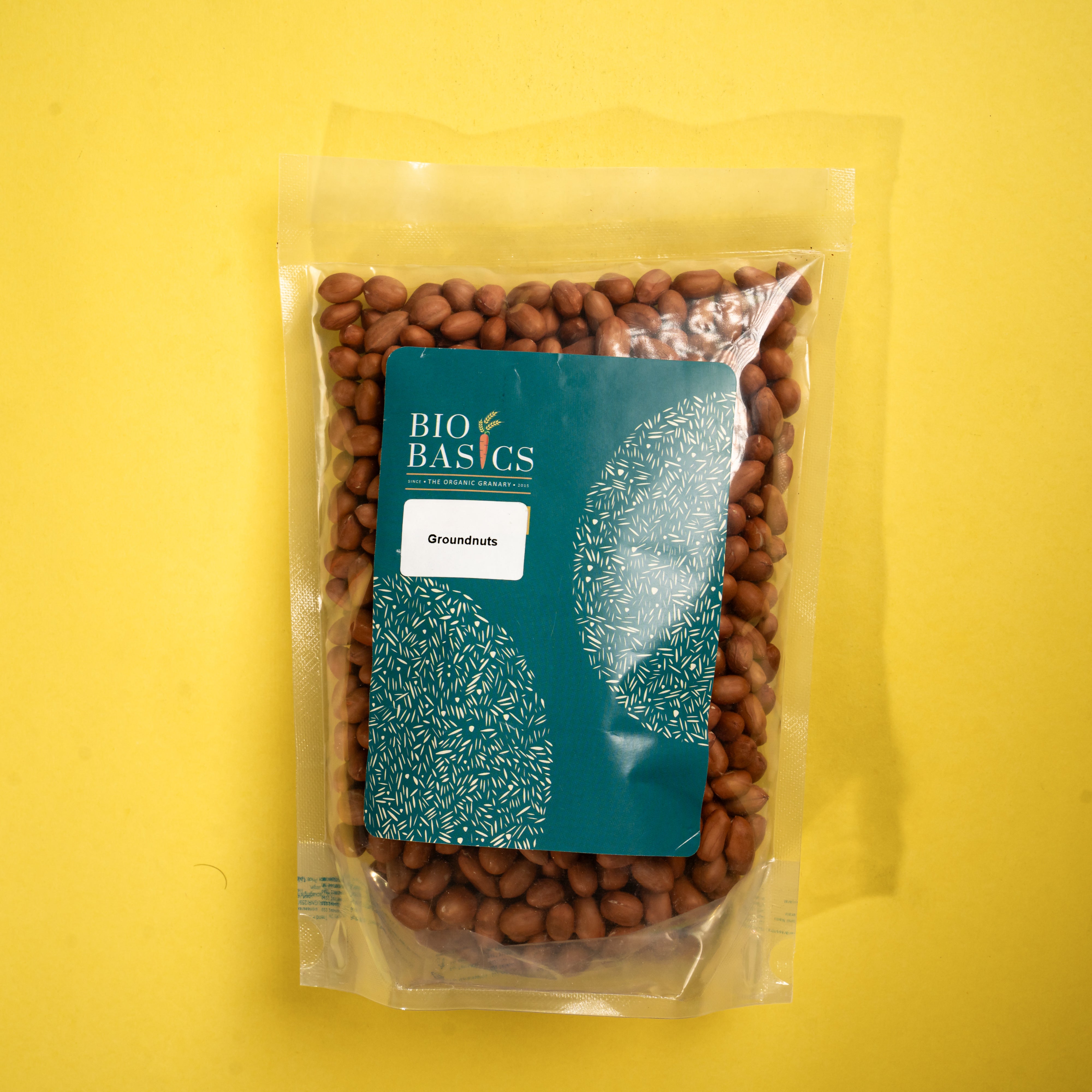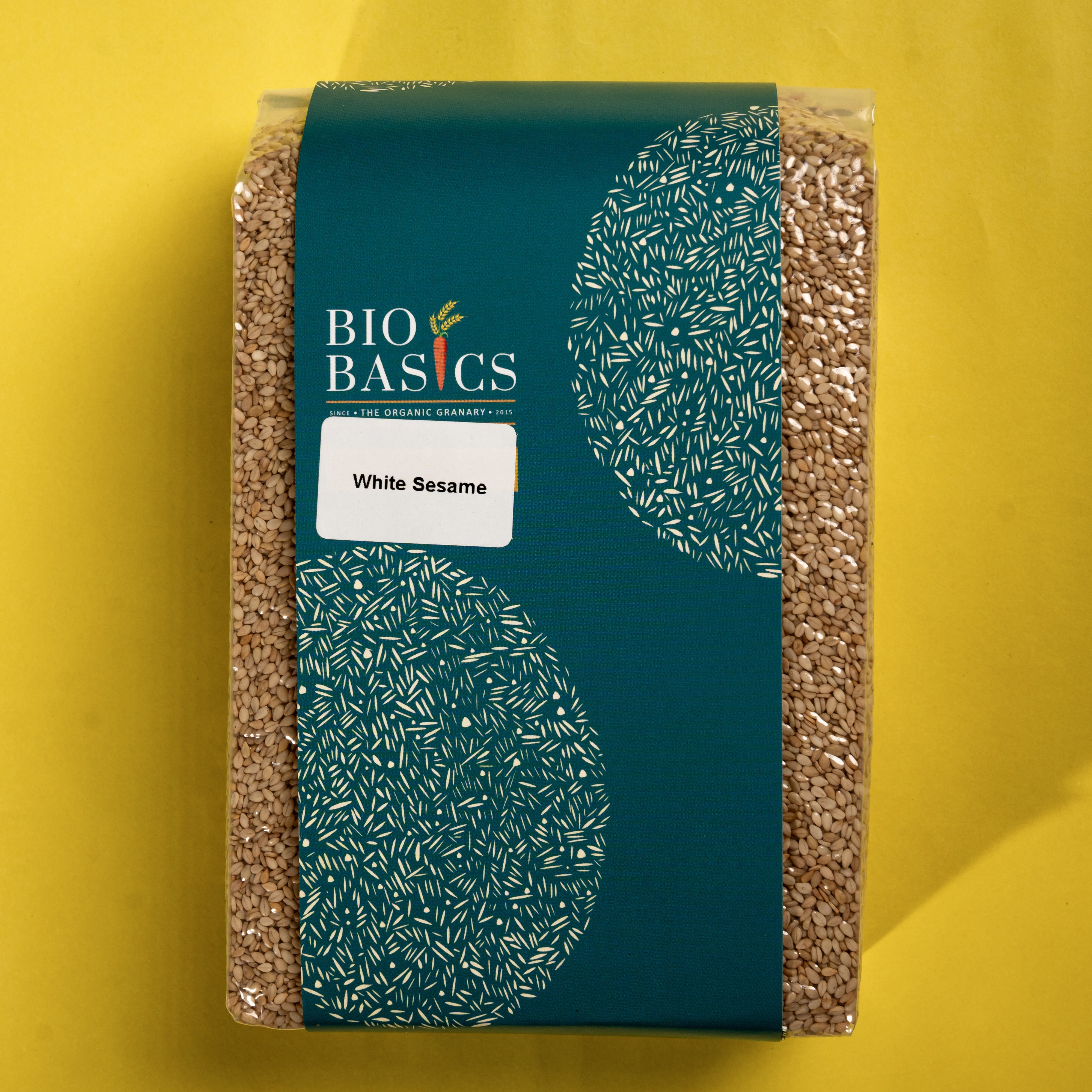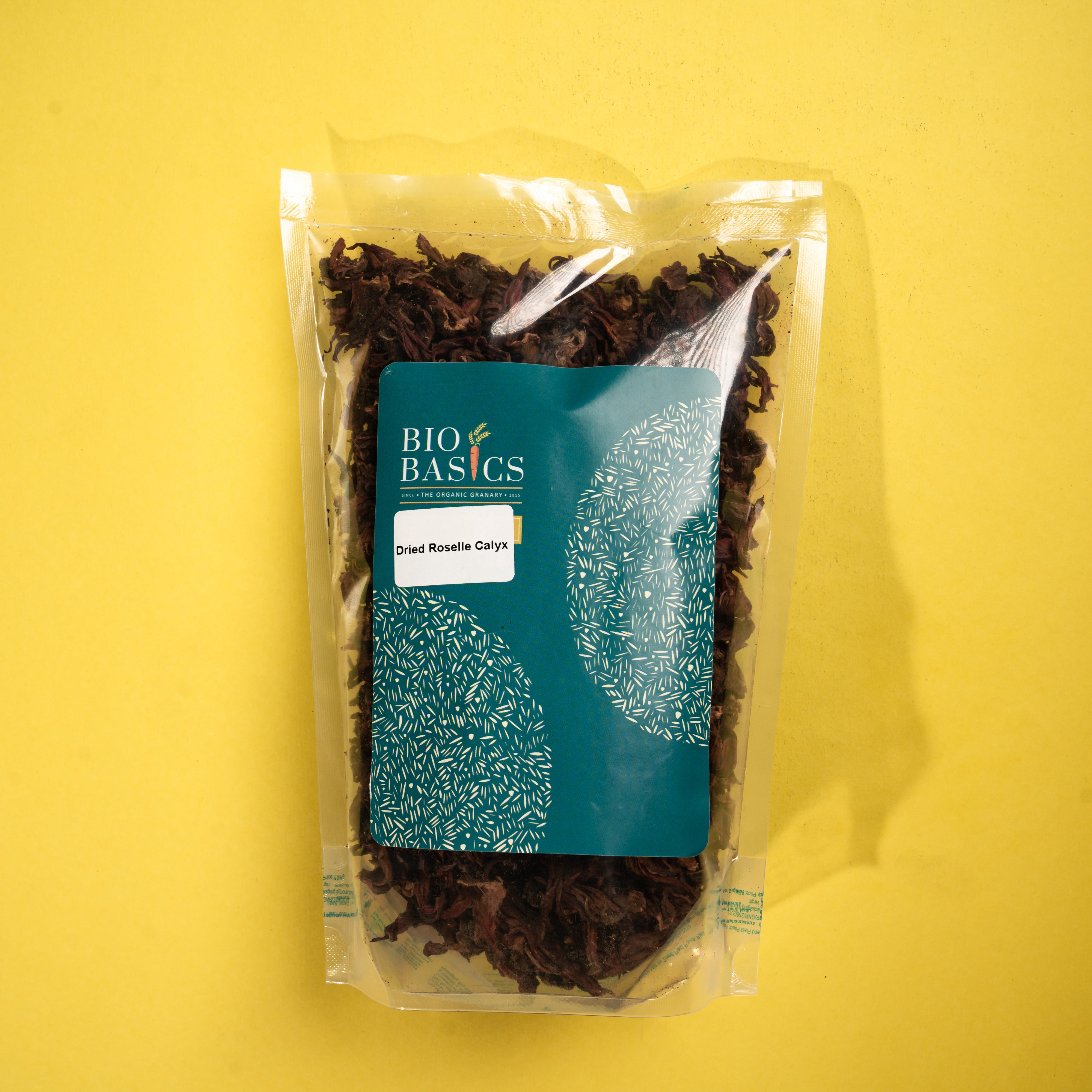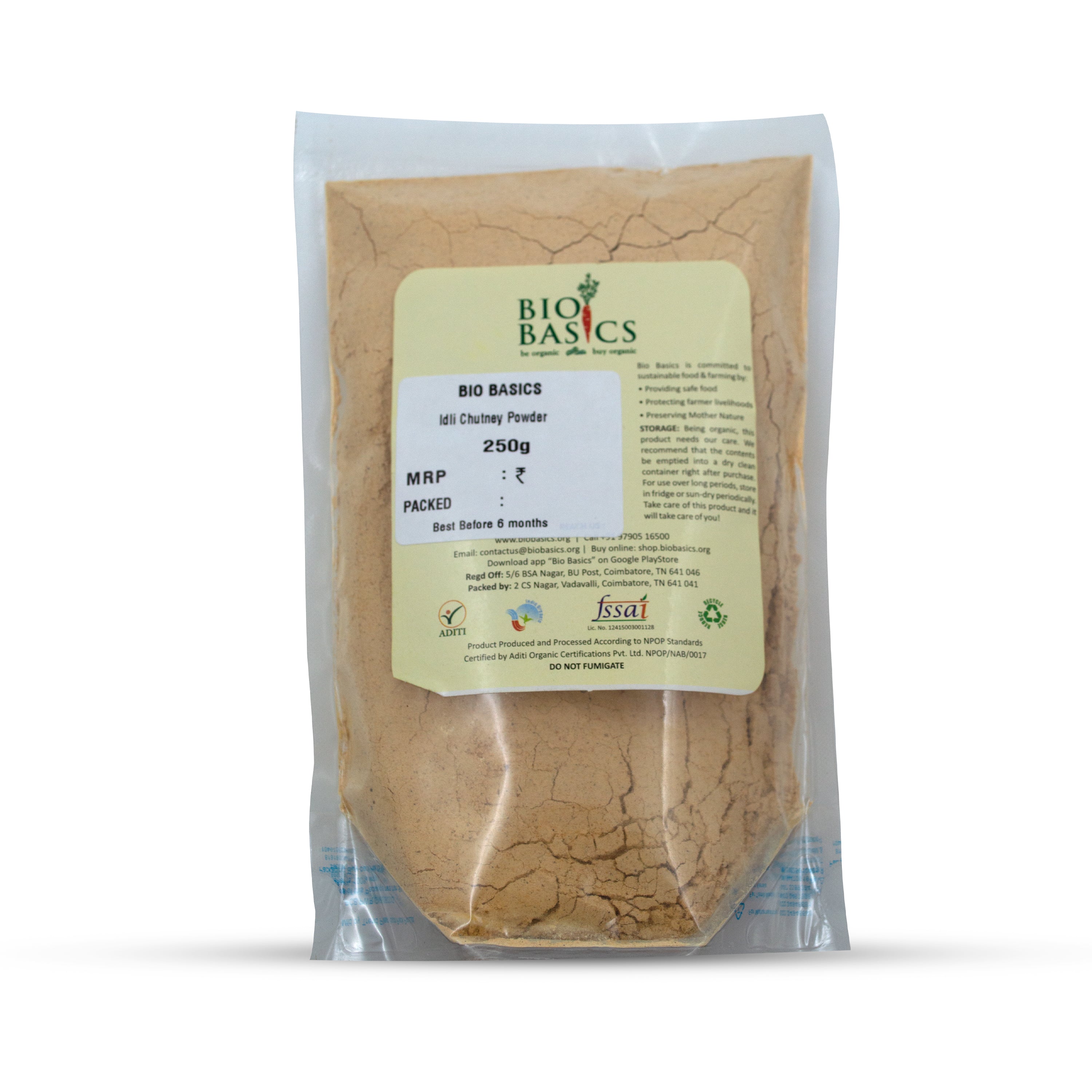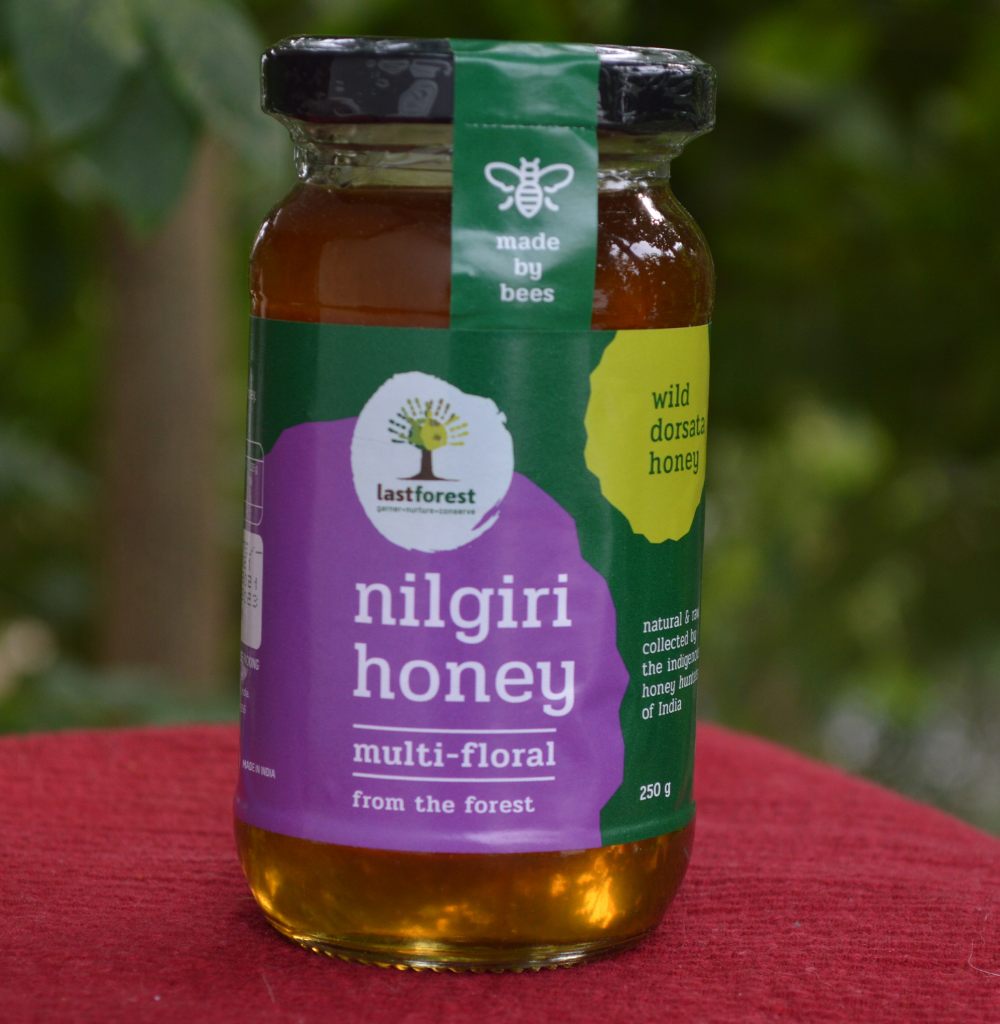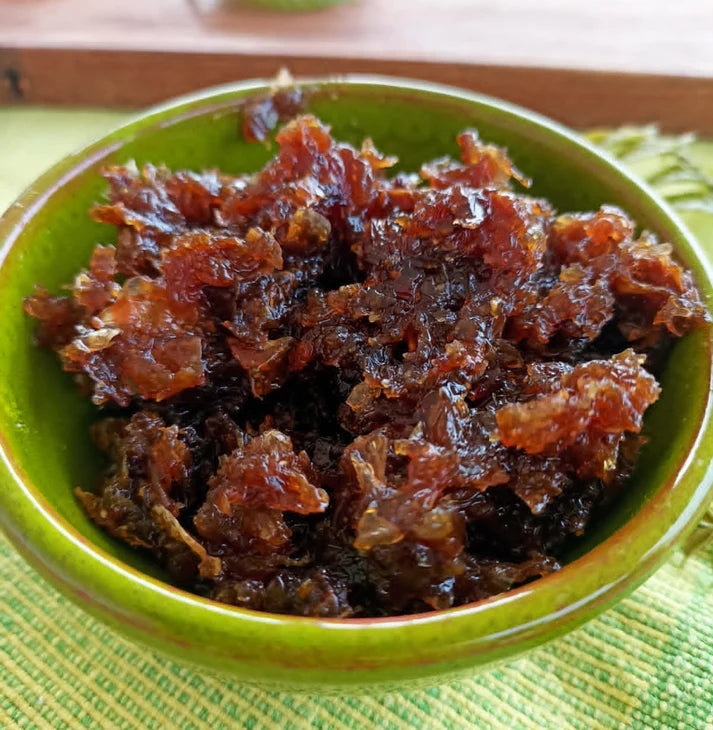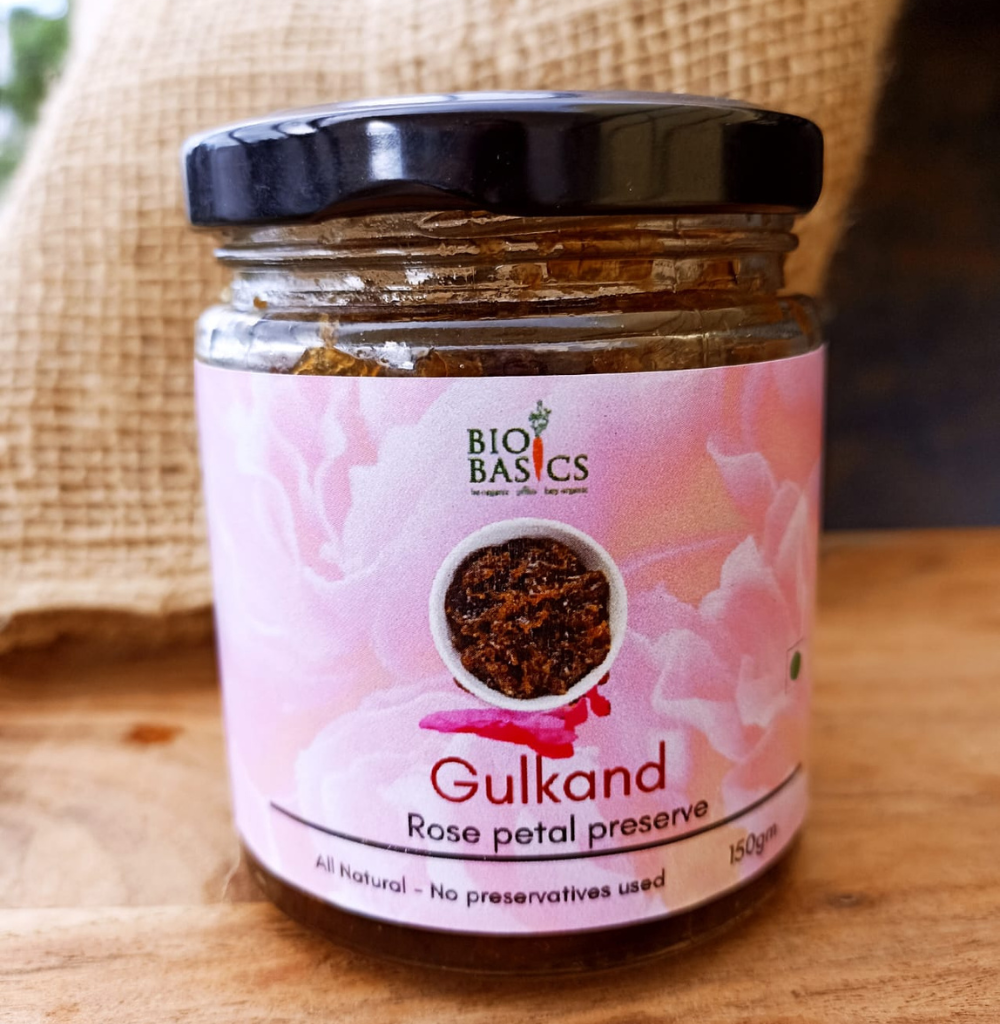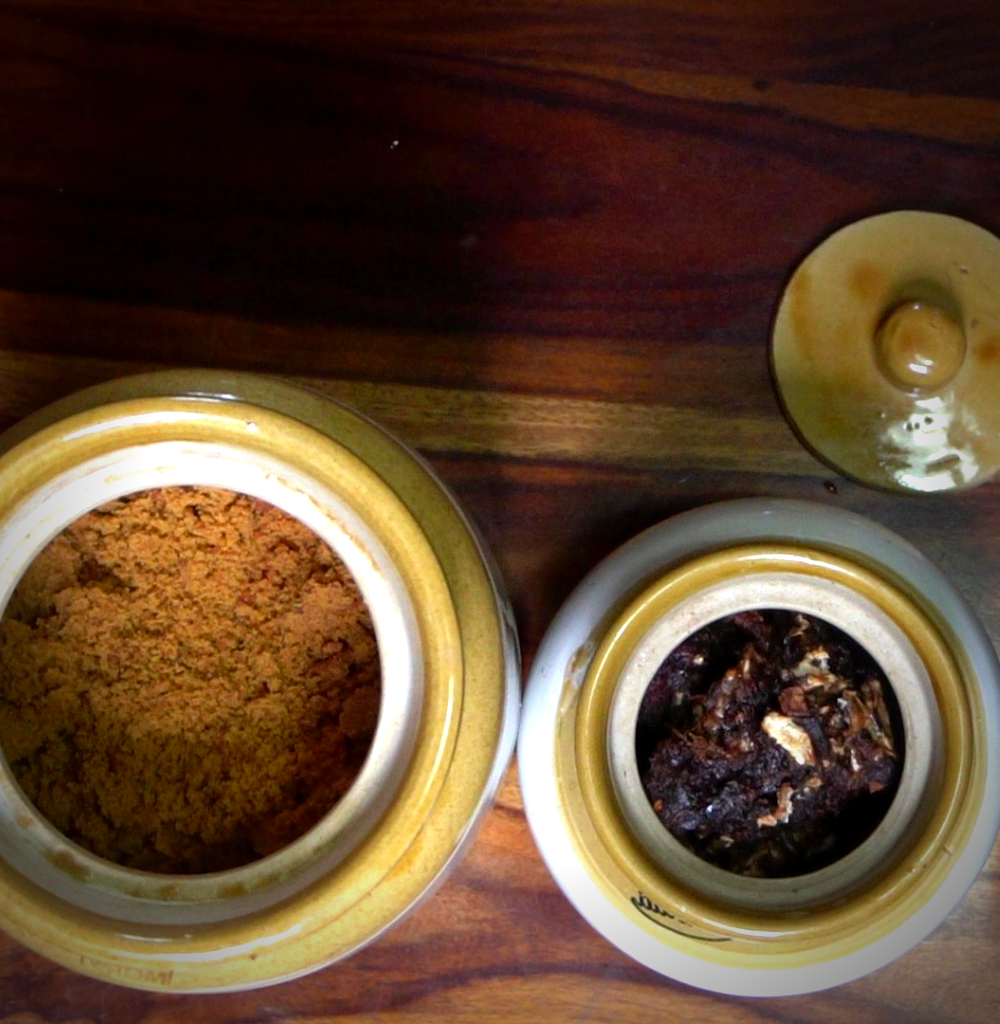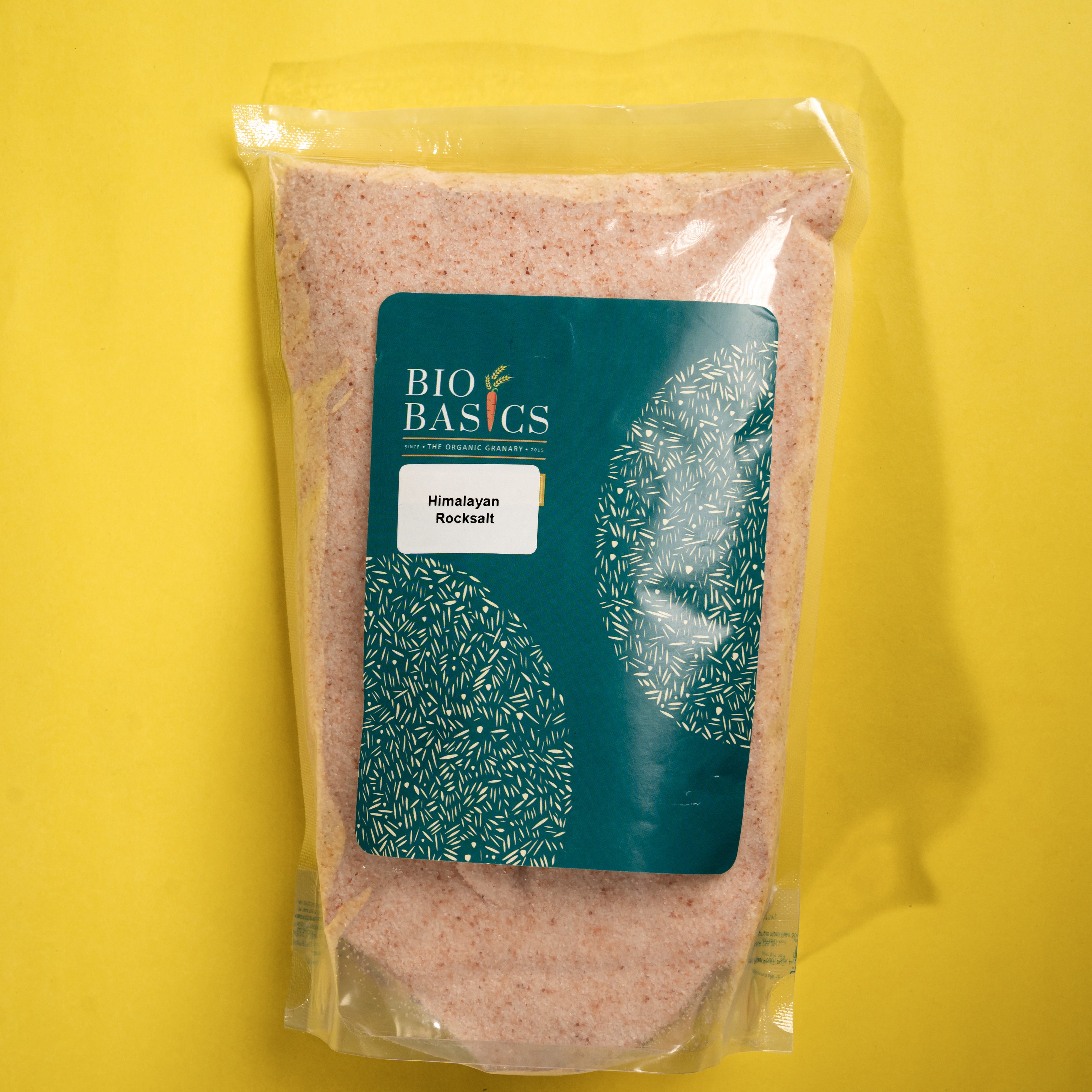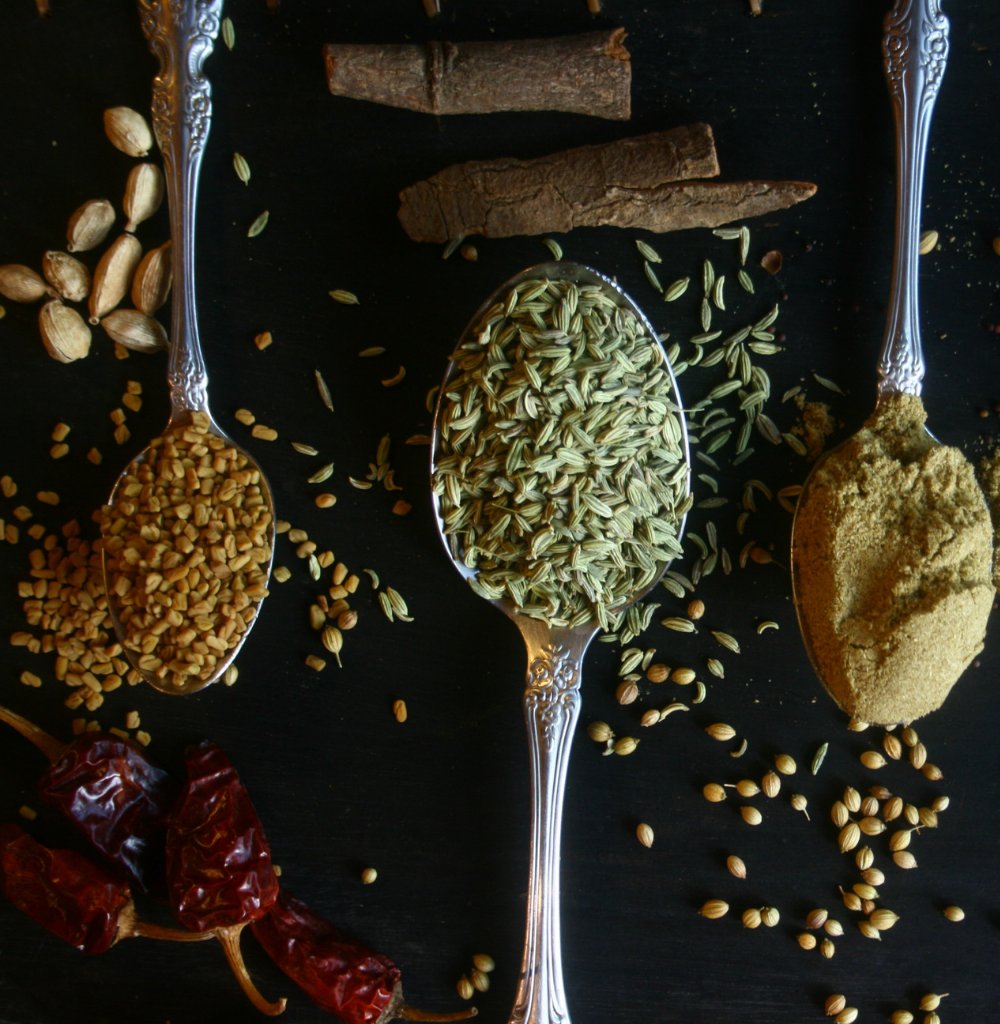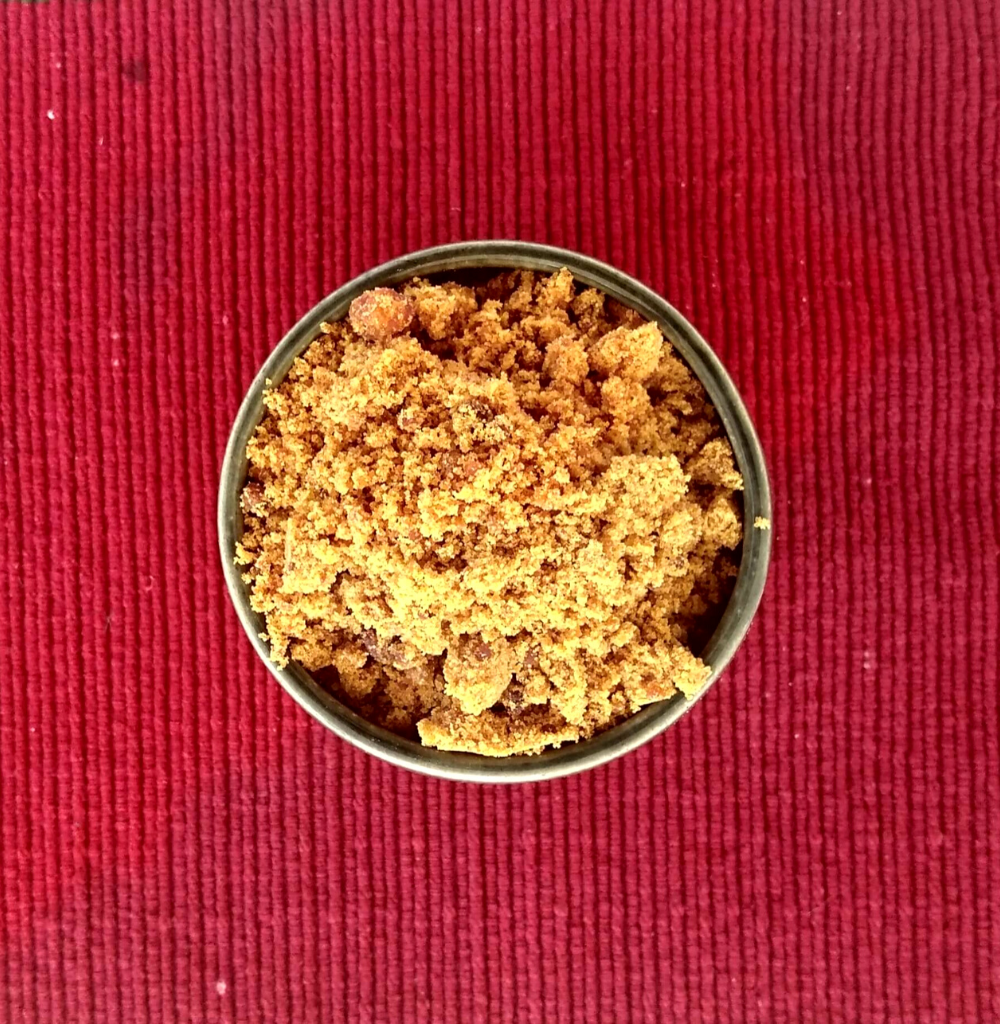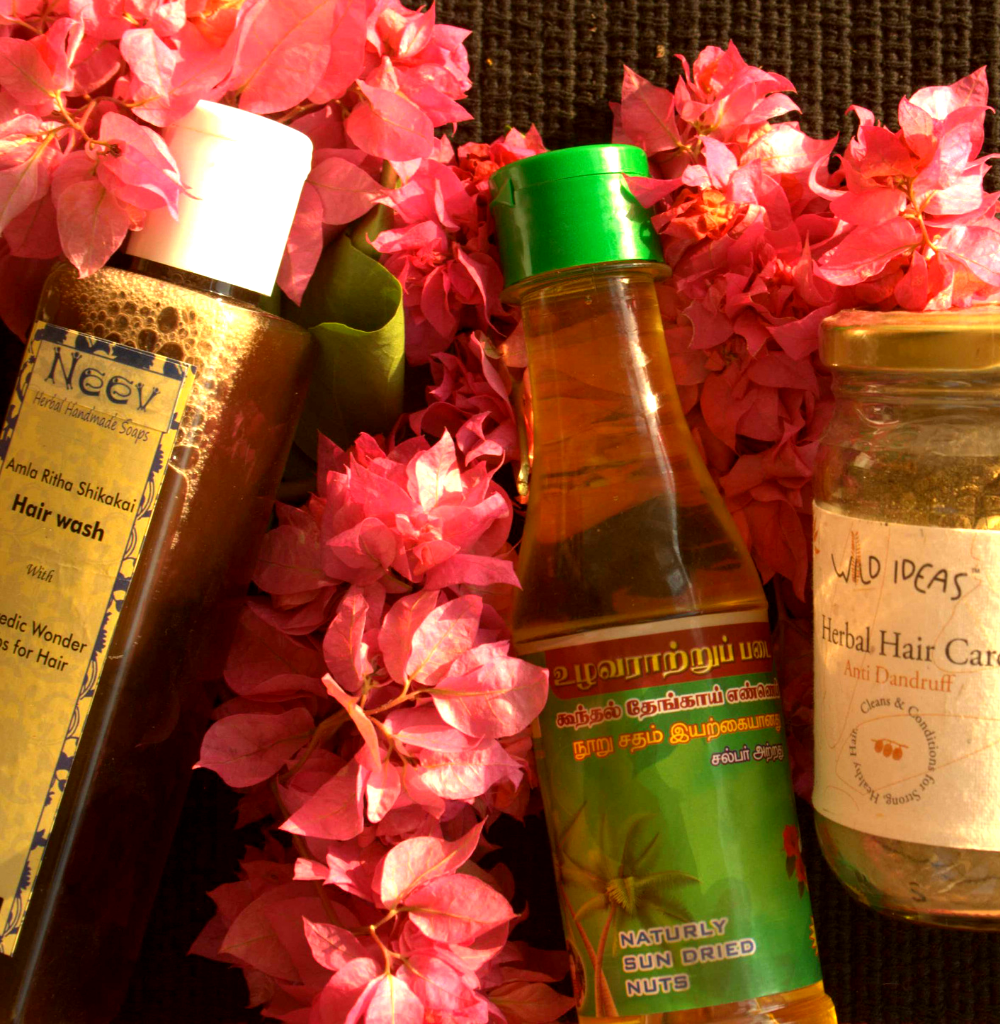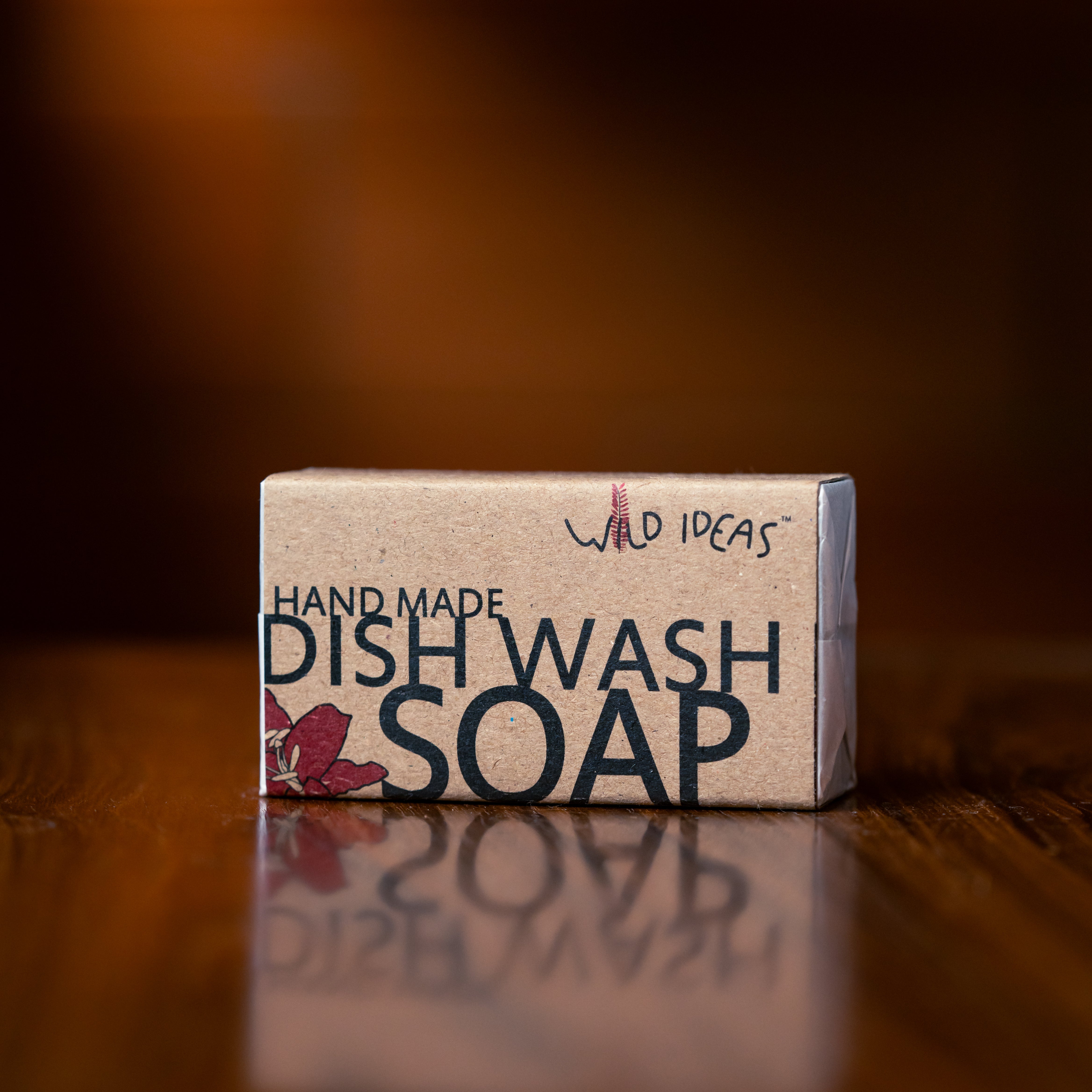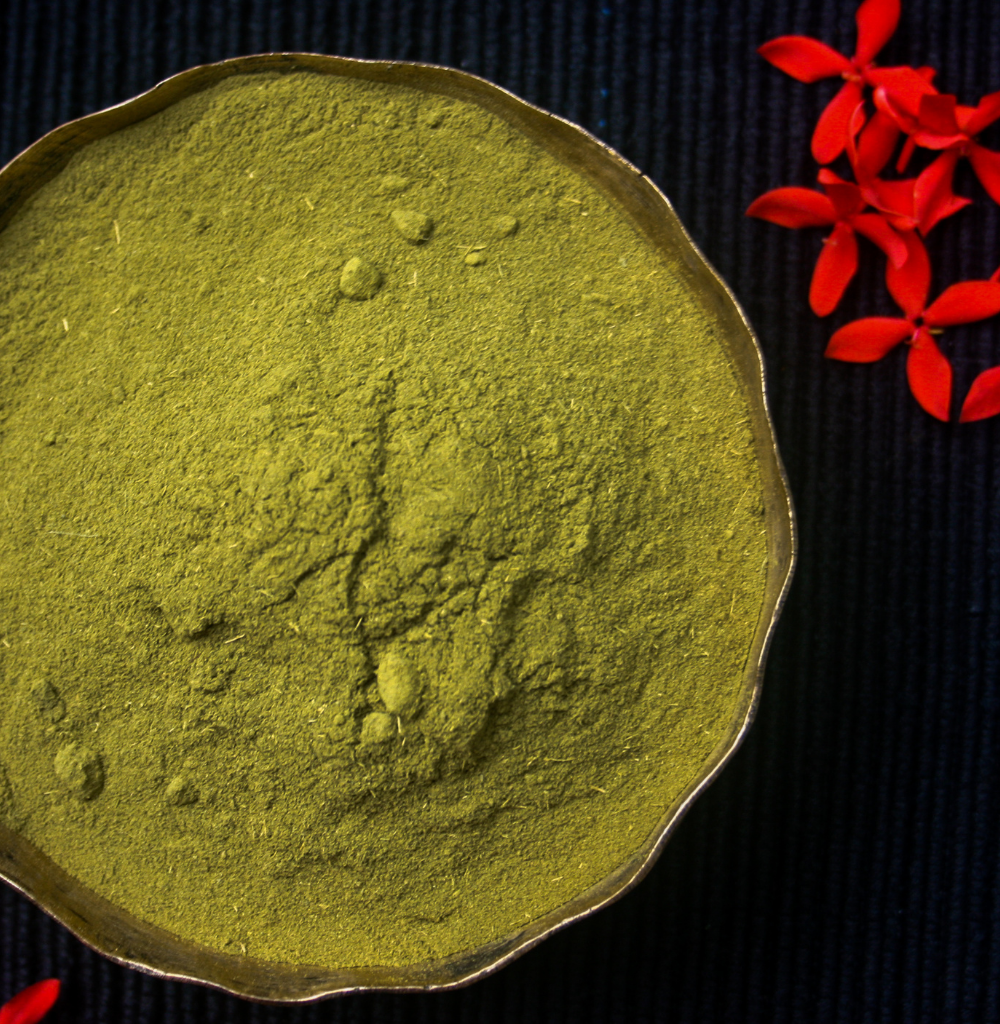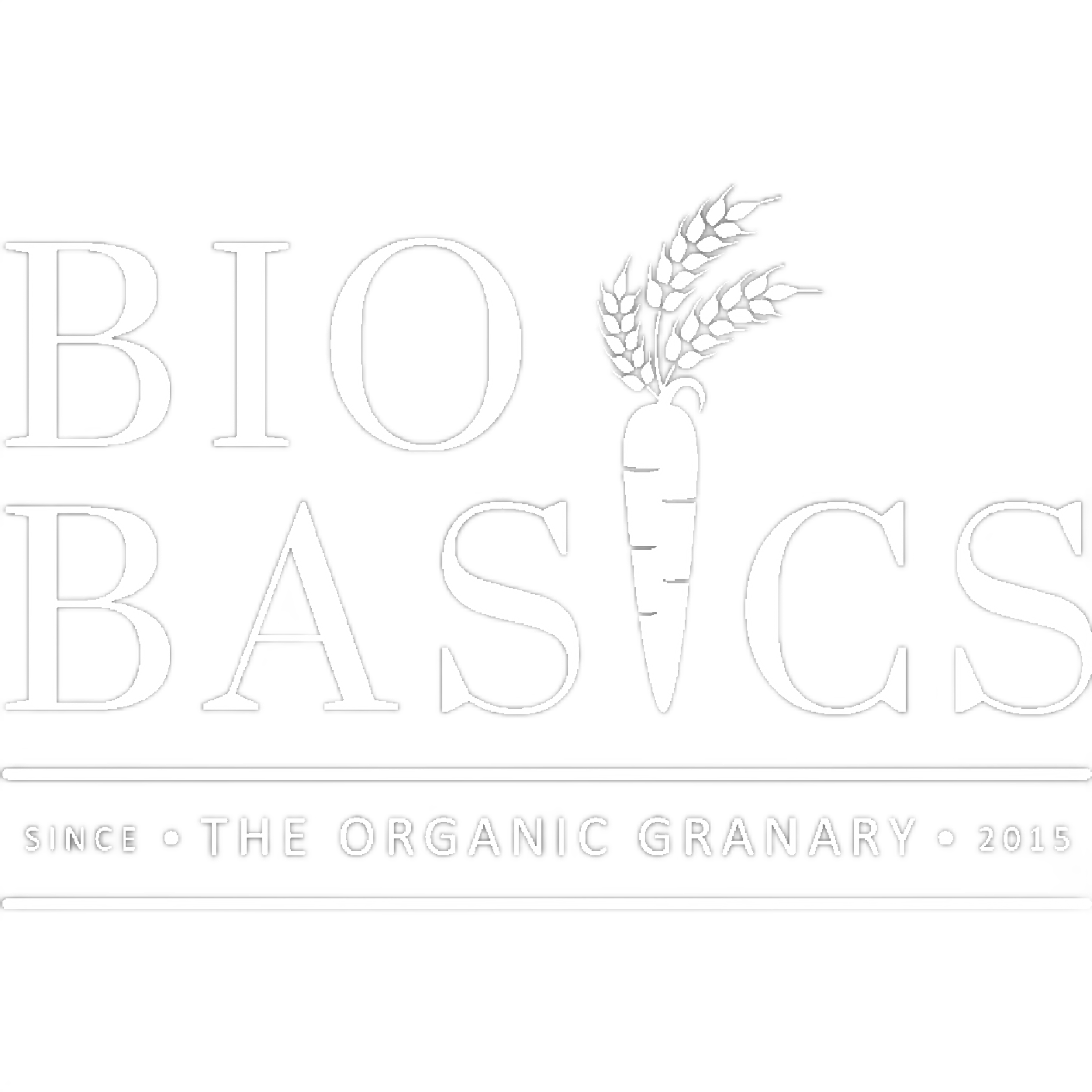FAQs
Buy Organic
How can I place an order?
Can I get all the products you offer?
How will you deliver?
How long will you take to deliver?
What if the carton containing my order is delivered in a damaged condition?
What if there is damage to the product(s) inside the carton?
What is the best way to store the products?
What should I do when I find insects in the product?
What about billing errors?
What if the product I want is shown as "Out of stock"?
What if you have received items less than what you were billed for?
What if the discount code has not been applied?
Being Organic
What is organic food?
Why not use chemicals? Pests are bad anyway.
Chemicals not only hurt the pests that they are intended to kill. They also cause "collateral damage" in other insects not harmful to our crops - earthworms and microbes in the soil, etc. leading to the collapse of the entire ecosystem that generates our food. Bees and other pollinating insects are among the worst impacted. The food generated out of this chemical treatment is less nutritious, less tasty and more harmful to humans.
A historical view of how chemicals came into food would be useful here. Right after the World War II, in the 1950s, the factories that were producing the poisonous chemicals for the war (nerve gas used during the Holocaust) lost the entire market for their chemical products. This is when it was found that some of these chemicals can artificially enhance growth in food crops. This is when these chemicals started being used in agriculture. Over time, many governments promoted this chemical agriculture (what we at Bio Basics call "Chemiculture"). In India, we went through the "Green Revolution" in the 1960s as we were temporarily short of food. The negative effects of this chemiculture on human health was not realized until later. Now after long battles led by many NGOs and civil society groups, both in courts of law and on the streets, many governments have banned the use of many of these chemicals (e.g. DDT, endosulphan, etc.) in farming. But in India, many of these chemicals, although banned in many countries, are still in use.
What is whole food?
Is there scientific proof that chemicals used in farming are bad for human health?
Well, at Bio Basics, we don't find it tough, because we prefer to rely on our wisdom, not just on our intelligence. Our wisdom tells us that we should avoid chemicals in food. Our bodies will reject it - most of us have experienced it. Either the smell of the chemicals could be putting off, or could lead to bad taste or worse, lead to headaches and vomiting. Sadly, most of the farmer suicides in India have occurred ironically by consuming pesticides and other chemicals that the farmers purchase for farming!
So if we agree that chemicals don't smell or taste good and that we can get sick or even die, if we consume chemicals directly even in small quantities, why would we not reject them altogether? If it is poisonous, then why consume it at all? Should we be ok with small amounts of poison? Should we accept it because it has only a long-term impact (like slow poison)? When we are consuming chemical-laden food day-in and day-out, should we be surprised when we have various ailments over time?
Let us stick to the basics. We all learn that putting one's hand into a fire can hurt. Do we ask for proof? Have we not learnt it without putting our hand into fire? We just know it. It is our instinct. Similarly, we don't need proof to know that chemicals in food can hurt humans. It is that wisdom that makes us at Bio Basics encourage everyone to seek organic whole foods.
In the absence of a consensus among scientists and studies on whether organic food is good for health or not, you have two choices:
Believe that chemicals in food cannot be harmful to health and you continue to eat regular chemical-laden food. If you are right, you are lucky. If you are wrong, you could be sick. Believe that organic is better and you choose organic. If you are right, you continue to be healthy. If you are wrong, well, you are still healthy!
So what do you choose? We think it is a no-brainer to go organic, and only err, if at all, on the safe side.
If the chemicals in our food are that bad, how come the regulators and governments allow this?
Firstly, the companies who manufacture food products with chemical additives are themselves asked to show data to prove that the food they are manufacturing is safe for consumers to consume. The Governments do not have the resources to conduct extensive research on the impact of these chemicals on human health. Asking the manufacturer is like asking a party with vested interest. It makes sense for them to say that their product is safe.
Secondly, the impact of chemicals on health is not analyzed over the long term. The studies are mostly short-term. So the regulators come up with the concept of MRL (Maximum Residue Limit) for each chemical in any food. The MRL is determined based on short-term studies. But in reality, we consume these foods day in and day out for years together. The very fact that MRL is specified shows that the chemical is dangerous. Just that we are accepting it because it is in small quantities. Further, the combined effect is also not studied. We consume many food products on any day. Each food product may contain different types of chemicals. How do they interact with each other, no one knows! Have we not heard our doctors tell us not to have certain medicines along with certain others? So the testing is inadequate, and to be fair, cannot be done for all the combinations of the chemicals we may consume on any given day. And that could be dangerous in a totally different way.
Thirdly, the governments are more inclined in a developing country like ours to approve products in the "larger interest" of industry, employment generation and tax revenues. Finally, should it not also be our responsibility to ensure that what we eat is safe? Why rely on the government entirely?
Why is organic food costly?
Here is the long answer: Organic farming is labor intensive. All the pest-repellents and fertilizers are usually prepared by the farmers themselves using ingredients available mostly at the farm itself. Throughout the entire cycle of organic farming, every activity needs more care, more labor - ranging from manual de-weeding (chemical weedicides/herbicides make it easier), to storage (without chemicals). Even though the yield of a well-developed organic farm can equal or better a chemical farm, the logistics and supply chain is not oriented to deal with small volumes. An organic farmer, for example, has to transport his produce separately and sell it separately, lest it gets mixed up with chemical produce. So there is no scale here, at least for now. But as more and more farmers go organic (and that will happen if more of us consumers go organic!), we will find the cost coming down. Further, there are no specific subsidies for organic farmers from any government. Whereas our governments provide subsidies for chemical seeds, pesticides and fertilizers. None of this is available for organic farmers! Above all, the organic food supply chain comprises ethical retailers and enlightened farmers, ensuring that the farmers get a fair price. Rarely do the organic food prices crash, like they do for some products in the regular market when there is a glut (over-supply).
Here is the wise answer: Organic food is NOT that costly. It just means you are investing in our health today rather than risk paying for medical intervention tomorrow. Ask anyone who has a dear one suffering from cancer or diabetes or any such disease, what they would pay to NOT have such a disease in their family. She would say, "Anything." Let us remember "health is wealth". Saving today on food will only make us spend more on medicines tomorrow. So choose wisely. Choose health over meagre savings.
Why meagre, you ask? Here is a fact: Organic food is costlier than chemical food. But not too costly. On an average, we found that a family will have to spend only ₹7.50 per meal per head extra for going completely organic. Check out our video [Video here] and calculations. Look at your monthly expenses. For a 4-member family, the costs will go by around ₹3000 per month, which is the money that we normally spend on a family outing one night, or for a pair of branded jeans or shoes or during a visit to the mall! We can eat organic food all month long, if we can give up on any one of these. Think clearly. Prioritize well.
Finally, if cost is indeed a consideration for you, why not start small? Start going organic for as low as ₹500 extra a month. Check out our organic family plans. [Link here]
Do a favor to yourself and your children: Go organic. With or without Bio Basics.
How do we know it is organic?
We enlist only those organic farmers/groups who are recommended by our existing base of organic farmers or those in the organic farming movement in India. We insist on a farm visit and a mandatory farmer interview. Our team is trained enough to conclude after the visit and the interview whether the farmer/farm is genuinely organic or not. We encourage the farmer to certify his farm. Organic Certification is costly for most individual farmers, so we don't insist on it. Many of the products Bio Basics offers are Certified Organic by a Third-party Certifying Body. Product testing - we test random samples from the farmers' produce and send it to NABL accredited laboratories to test for presence of chemicals and also, for nutrition testing.
To us, meeting the farmer and seeing the farm is the strongest and most personal way of ensuring if their produce is genuinely organic, because in person, we come to know the farmer and his intent better. So we make it a point to invariably do that, not just once at the time of enlisting, but also on an ongoing basis. We admit that at the end of the day, it is a matter of trust. No certification (which is usually once a year verification), or no product testing (which can only be done on samples) can guarantee that no chemicals have been actively used. And we do trust all our farmers or farmer groups. Most of these groups are NGOs working with a large number of farmers for over 10-20 years, much before consumers were even aware of organic food. They are committed to it because they care for the environment, the health of the farmer's family and their livelihoods.
The larger question that all of us should ask ourselves is: How do we know any product/service is what it claims to be? For instance, when we admit our children in a school, how do we know if it is what it claims to be? When we choose to go to a doctor/dentist, how do we know if he/she is what he/she claims to be? For one, we go with references of our friends/family or other well-wishers. Second, we do our own due diligence, we visit the doctor/school, ask questions, think about their responses and then take a judgement call on whether we should go with them or not. Ultimately, no certification or testing will help us there. Nor do we ask them for their certificates/credentials, do we? So ultimately, it is our judgement call based on our reading of the product/service provider. Unfortunately, food products don't look or smell or feel different when treated with/without chemicals. So it is for us to find out more, by asking questions, judging if the responses to our questions are genuine and checking whatever/whenever/however you can. The concept of Caveat emptor (Buyer beware) applies here, like in the case of any product or service, which requires that the buyer take steps to assure him/herself about the product and its safety/quality.
Also, here is another way to think about this. If we were to come across say, organic tomato and non-organic tomato, both at the same price, which one would we choose? Without questions, most of us would choose the organic variety. That shows that it is not whether something is organic or not that bothers us, it is the fact that we hesitate to pay more for a claim we cannot verify.
Finally, the logic that we go by is that any item which is NOT claiming to be organic, by definition, has been exposed to chemicals. When we choose something marked as organic, it can at worst be as bad or as good as the "non-organic" option. It would logically not be worse than that NOT claiming to be organic. If you are a consumer concerned about the genuine-ness of the product being organic, then this logic should be good enough. But some consumers are not satisfied with this, because they feel "cheated" that someone is selling chemical food, under the garb of organic food at a premium. For them, it is more about "not being cheated" and not paying a higher cost. Our suggestion to such consumers is to prioritize what you want from food - immediate savings or long-term health. Cheap food kills - kills the farmer today and us tomorrow. There is no "cheap and best", it is either cheap or best. Simple.
If food can't be 100% organic, what is the point in eating organic food?
Most farmers use chemicals. How can the organic farmer do without it? Is it even possible?
The following are the specific ways organic farming is different from chemical agriculture:
Seeds: Most organic farmers use their own seeds, or from other farmers, and they tend to save up seeds from their previous crops. Chemical farmers buy seeds from the market, which are in and of themselves treated with chemicals to avoid pests eating the seeds. Seed saving is a cumbersome process under organic farming. Nowadays, organic vegetable farmers are also forced to buy some seeds, consumers prefer the modern varieties in terms of size, shape, look, colour, etc. The organic farmers treat the seeds with cow urine and other such methods before using them on the field, to ensure that the seeds are devoid of chemicals.
Pest management: Organic farmers repel pests by a variety of ways - using pheromone traps, sticky paper, neem-leaf based concoctions, neem oil, chili powder which repel pests, bio pest repellents, growing marigold flowers which attract insects away from the crops. The intention is not always to kill them, but to maintain the balance in the ecosystem, so that the natural growth of the crops is not hampered. The chemical farmer would spray a deadly concoction of synthetic chemicals which will not only kill the harmful pests, but also the useful pests and harm himself and his family. The pests considered harmful are "vegetarian", in that they feed on the plants. While the "non-vegetarian" pests feed on the "vegetarian" pests. Thus, in Nature, the balance is established between the two. But when chemicals are applied all over the field/crops, both the types of insects perish and the ecosystem breaks down.
Fertilizing: Chemical farmers use synthetic NPK (Nitrogen, Phosphorus and Potassium) chemicals. The theory that is propounded (which is a reductionist way of looking at farming) is that plants require only these three elements for their growth. Under the organic/natural way, farming is a holistic process that involves not only these three elements (in the natural form) but a host of microbes that are present in the soil. The interactions among all these players is known only to a certain extent by humans. Hence our respect for Nature. As humans, we don't understand the entire process of farming or for that matter how even our bodies function. So under organic farming, the fertilizing that the crops need is done by various natural methods - using dry/green leaves, cow urine/dung and other materials naturally available in the farm. These methods replicate the natural process and allow nature to provide the nutrition that our crops need. This is a more holistic way of farming, rather than breaking down this complex process of farming into simplistic reductionist solutions involving synthetic chemicals.
Processing: While the mainstream farmers/processors resort to excessive processing for a variety of reasons, most of the organic farmers/processors treat the produce with minimal processing thereby retaining most of the nutrients within the produce itself. For instance, paddy is highly polished to generate white polished rice for the consumers (which is pure starch and responsible for them developing diabetes), while reselling the bran that has been polished away to manufacture Rice Bran Oil which sells at a premium. Also, the white polished rice is preferred by many retailers and producers because it has a longer shelf life and can remain in store shelves for months without any infestation. While minimally processed paddy comes out as red/brown rice which is more nutritious due to the presence of many minerals in the bran (which is only partly removed or not removed at all), and also, tends to satiate us more quickly, thereby reducing the quantity we consume.
Storage: Organic farmers store the produce in such a way as to not use any fumigants (in the case of paddy). They would store it as paddy itself, instead of milling all of the season's produce in one go into rice. This attracts insects/rodents because, unlike us, they are more interested in the bran! These pests are kept away using natural repellents, like neem leaves, and other mechanisms. The chemical farmer stores his grains and ensures no pest attack by using chemical fumigants and poisonous chemicals such as Aluminum Phosphide (almost lethal to humans).
What about Organic Certification? Does that not assure us that the food is truly organic?
Think about it this way. Do we choose a doctor based on his/her degree certificate? How about choosing a school or college for our children? So why only ask for certification for organic food? We believe this is the "Sita Syndrome" that most of us suffer from. In Ramayana, despite Sita's suffering, she was exposed to humiliation just to prove she was chaste. Similarly, we are being unfair to farmers, who choose organic farming despite all odds, and ask them to prove that their produce is free from chemicals, while allowing the chemical farmer to sell without any check.
So let us do the due diligence ourselves. We should ask questions to the retailer - ask how he knows this is truly organic, where does it come from, which farm/farmer, what processes do they follow to ensure no chemicals are used. If he cannot answer these questions, and looks at you as if you are crazy, do you think you should be buying these items from him? If you don't care for your own health, why would the producer or retailer care for yours? If you choose to buy from a faceless store, where no one knows who you are, should you expect that the producer/retailer will take care of your health?
Bio Basics is committed to answer all your questions, as and when you have them, about any of our products. If you have the time, that is.
How does hi-technology help?
The poor cannot afford organic food. So why should we?
All of us have to die someday anyway. So why spend money on healthy food?
My grandmother is 90 and is very healthy. She has never had organic food. So why should we?
Organic food is a fad! Just eat whatever (even street food), and you will build more immunity to diseases.
Why go organic? I am fine right now, so why bother?
Toxins are synthetic chemicals or foreign bodies that our bodies do not recognize as natural and therefore do not assimilate them in or excrete them out. They linger on in the body for long and in the process either debilitate the smooth functioning of our various organs (pancreas, liver, kidneys etc.) or affect entire systems (lymphatic, endocrine or digestive or cardio-vasculuar systems, etc.), thereby creating diseases, such as diabetes, cancer, etc. and also, impeding digestion, fertility and other normal functions of the human body.
Unfortunately, we don't know what our toxin load is at any point of time. By the time we see specific physical symptoms, it is late, and sometimes too late to reverse the situation. So sorry to break the bubble, but just because we are feeling fine right now, does not mean that we will never have any diseases, regardless of how we treat our bodies. We have to see the trend, and where it is likely to go, given what we feed our bodies now and how we take care of it.
Think of it this way, our bodies are like temples. And we should only take the purest of items inside the temple, giving due regard to it. If we don't treat it with respect, who else will? If we feed our bodies with junk, it is equivalent to disrespecting it and thereby exposing it to unnecessary dangers.
What are GMOs? Are we not using hybrids already in many crops? Are hybrids and GMOs the same?
Many confuse GMOs with hybrids. Hybrids are created from within the same species. So a rice plant may be crossed with another rice plant to accentuate certain characteristics or diminish certain others in the resulting hybrid variety of rice. But GMOs, on the other hand, introduce genes from another species altogether to generate a particular characteristic. For instance, in the case of Bt Brinjal, the genes of [prawns] were introduced to generate the characteristic of [ ].
What do you mean by "Be Organic"?
Local and seasonal: Eating what is locally available and in season is important not only from a health point of view (as per Ayurveda), but also from an environmental point of view (avoiding high "food miles"). Whole food with minimal processing is more nutritious than highly refined food products. So choose whole foods over refined foods. Safety of the food (not containing harmful chemicals) is of paramount importance; more than size, shape, color, celebrity endorsements, and even taste (because all taste is acquired!). So eating chemical free food is more critical than the other attributes. No food waste - accept whole-heartedly the produce even if they don't "look good". "Bugs knows best" - we should understand that the pests or insects have more native intelligence than some of us! If they choose to eat a food, it is most probably good. So let us not reject any food with some marks or signs of insects having eaten it. Pay farmers a decent remuneration, because only then will they be motivated to produce organic food in a genuine manner Keep it simple: avoid high technology. There is no need for high technology to produce food. Food has been generated in plenty all through human history. If you take care of the environment, it will take care of you. So respect Nature, first and foremost. Start a kitchen garden and realize how difficult it is to grow food, so you can start respecting our farmers and the food on our table. Make yourself aware about food and health issues. Learn and act accordingly.
Why does Bio Basics use plastics for packaging? That is not eco-friendly.
How does chemical farming hurt the environment?
Higher Water usage: Chemical farming, as you can imagine, requires more water to cool the soil/plants which are exposed to chemicals on a regular basis, because the chemicals kick off an exothermic (generating heat) reaction. Organic farming needs much less water. As India is one of the water-deficient countries in the world, it is best to go organic, so we can save all that excess water used for farming. And BTW just so you know, farming activities are one of the top users of groundwater! The Irony is that most governments in India have made electricity free for the farmers, so they can run their borewells all day long and suck out all the groundwater at a frightening pace! Water calamity is around the corner, unless we go organic.
Higher Greenhouse gases (GHG): Most of the chemicals used in farming give rise to GHGs which affect our ozone layer leading to faster climate change. So no chemicals means lesser GHGs, and slower climate change
Pollution: Chemicals used in farming lead to pollution of our groundwater, soil and air. This lowers the air/water quality that we are otherwise dependent on. This also lowers soil fertility in that sooner than later, the chemical farms become infertile.
Ecosystem damage: Use of chemicals damage ecosystems more than what we can see. For instance, the use of a certain type of chemicals (organophosphates) are being blamed for the vanishing of the honey-bee colonies which are critical for our food production through natural pollination.
Loss of Biodiversity: In chemical agriculture, the intention is to produce high yield of a certain crop by excessive use of a certain chemical. This looks attractive to an innocent farmer, because he is looking at the immediate result of high yield and higher income (which eventually eludes him anyway!). So some scientists develop varieties which are more adaptable to chemical treatment. And because of governmental support, this variety then becomes dominant in the market, because most farmers choose this variety for their own short-term financial goals. In this process, the traditional varieties, which are more resilient to climate change, suffer, as farmers do not grow them, and eventually consumers forget about them. So that is the problem with that? Well, when any new disease hits these few varieties, as we have invested a lot in just a few varieties, we are likely to see these crops getting wiped out. Like the Irish potato crisis of 1845. It is therefore advised to diversify our crop portfolio, so that we are not entirely dependent on any one variety. Otherwise our food security will be under threat. For instance, India had over one lakh varieties of rice. Today, thanks to the "Green Revolution", we have only a handful of varieties that most consumers eat (Sona Masuri, Ponni, Basmati, etc.). Now thanks to many NGOs and other organizations, many 100s of varieties are being revived among farmers and consumers. Bio Basics is glad to be part of that movement.
Have a question
Disclaimer: Our responses to these FAQs are based on our beliefs, knowledge and lived experience. We do not claim to be experts, nor are our views vetted by any peer-reviewed scientific or medical journals. So we expect you to check these out for yourself, and not simply go by what we say here. Having said that, we believe that common sense does not need proof!
If you have an issue or question that requires immediate assistance, you can click the button below to chat live with a Customer Service representative.
Please check our Returns and Refund policies for your understanding.
